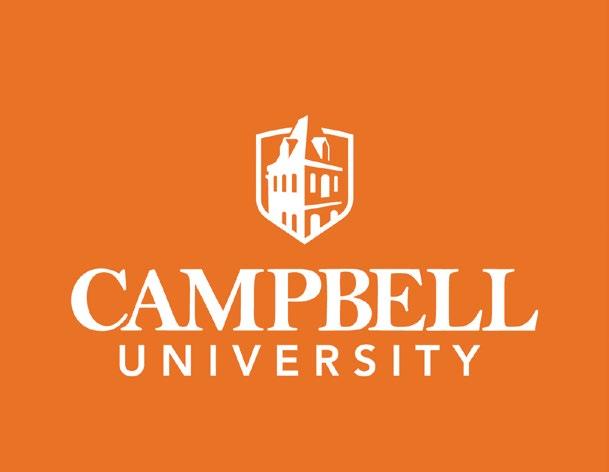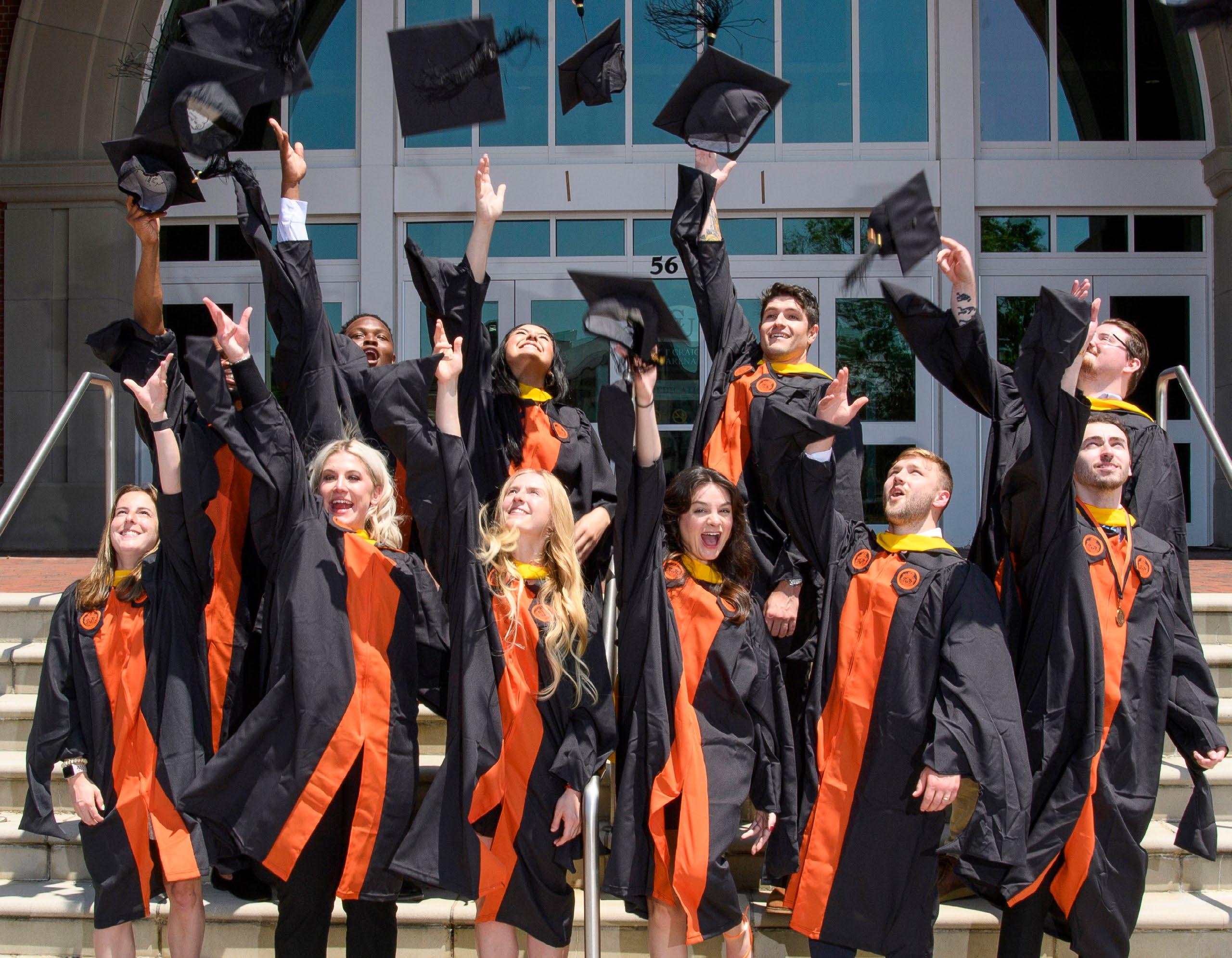




















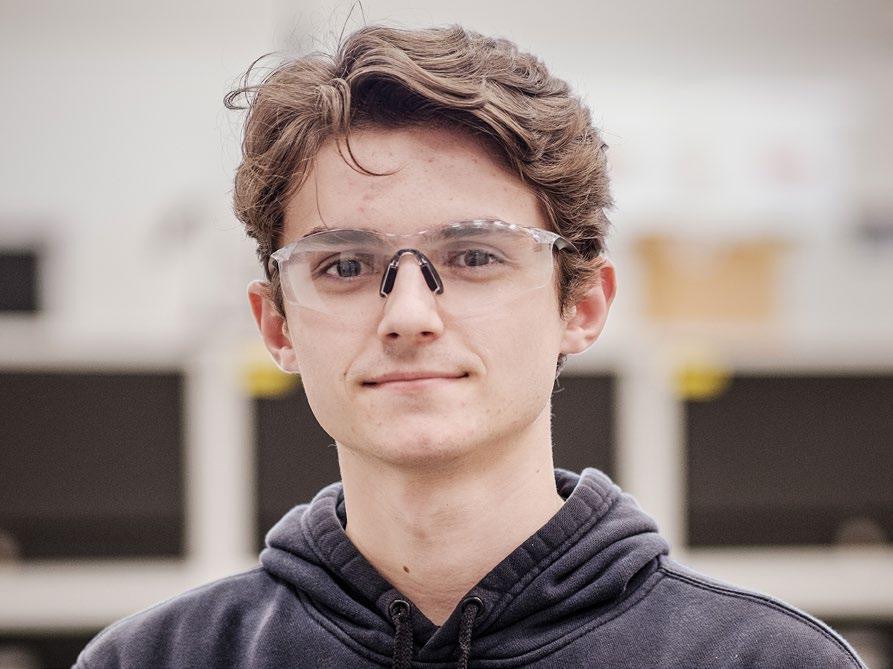
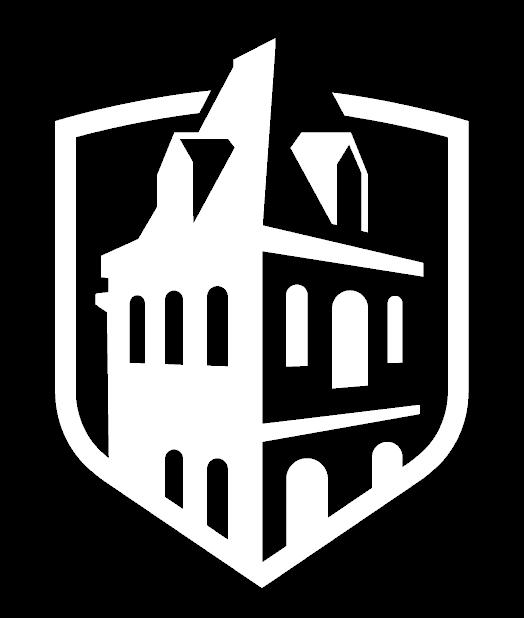
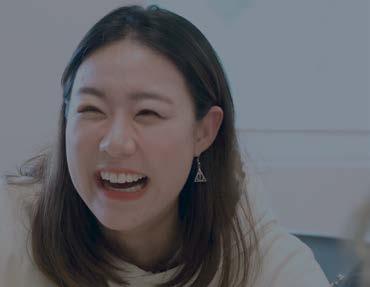
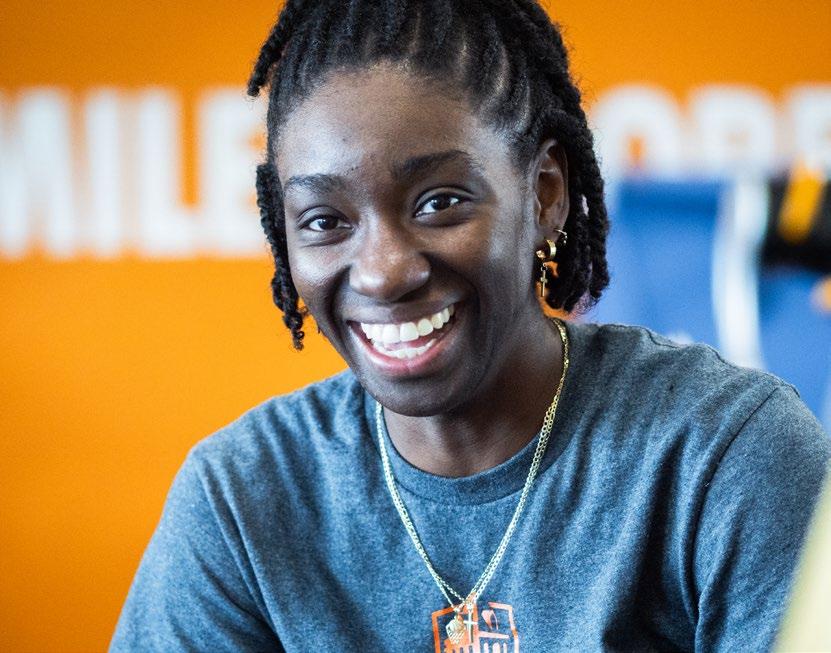
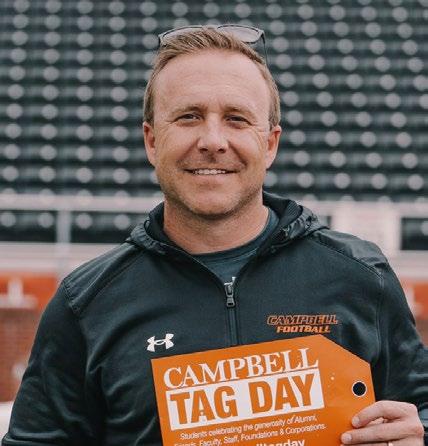
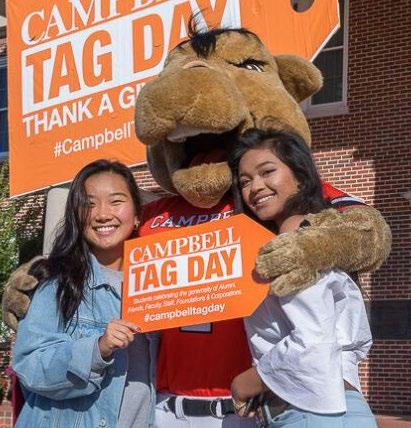
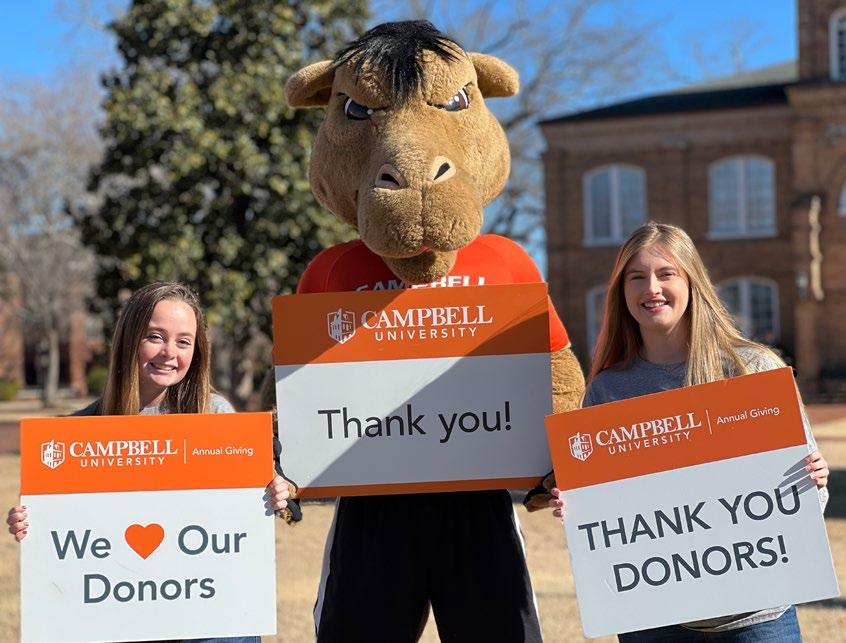
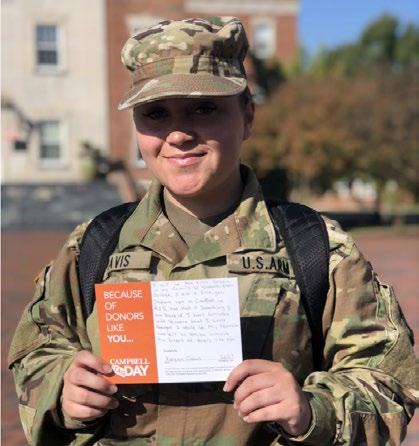

Greetings from Buies Creek! I am excited to present the Advancement Department’s 2024 Impact Report which details the remarkable achievements and successes of our department over the past fiscal year (from June 1, 2023 to May 31, 2024). This report encapsulates the dedication and hard work put forth by our departments of alumni engagement, development, communications and marketing, and government relations.
Throughout the year, our alumni engagement team has fostered strong connections with our graduates, nurturing a supportive and engaged network that is 55,000 strong and growing. Our development and fundraising team has successfully secured resources to support vital university initiatives and enhance the student experience. The communications and marketing team has effectively amplified our university’s voice, sharing our stories and achievements with the world. Additionally, our government relations staff have worked tirelessly to advocate for Campbell University’s interests at local, state and national levels.
We are proud of the strong results shared in our 2024 Impact Report. The outcomes are a testament to the collective efforts of our university community, the investments of time, talent and resources from alumni and friends like you. YOU have had a positive impact on our students, alumni, faculty and staff, and broader society.
We are immensely grateful for your continued support and generosity, which have played a significant role in our achievements. Thank you for being a vital and appreciated part of the Campbell University family.
God bless,

Britt Davis Vice President for Advancement
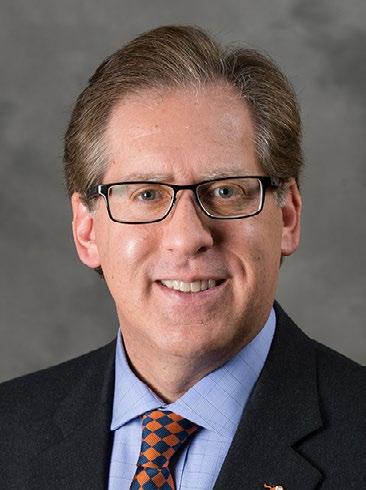
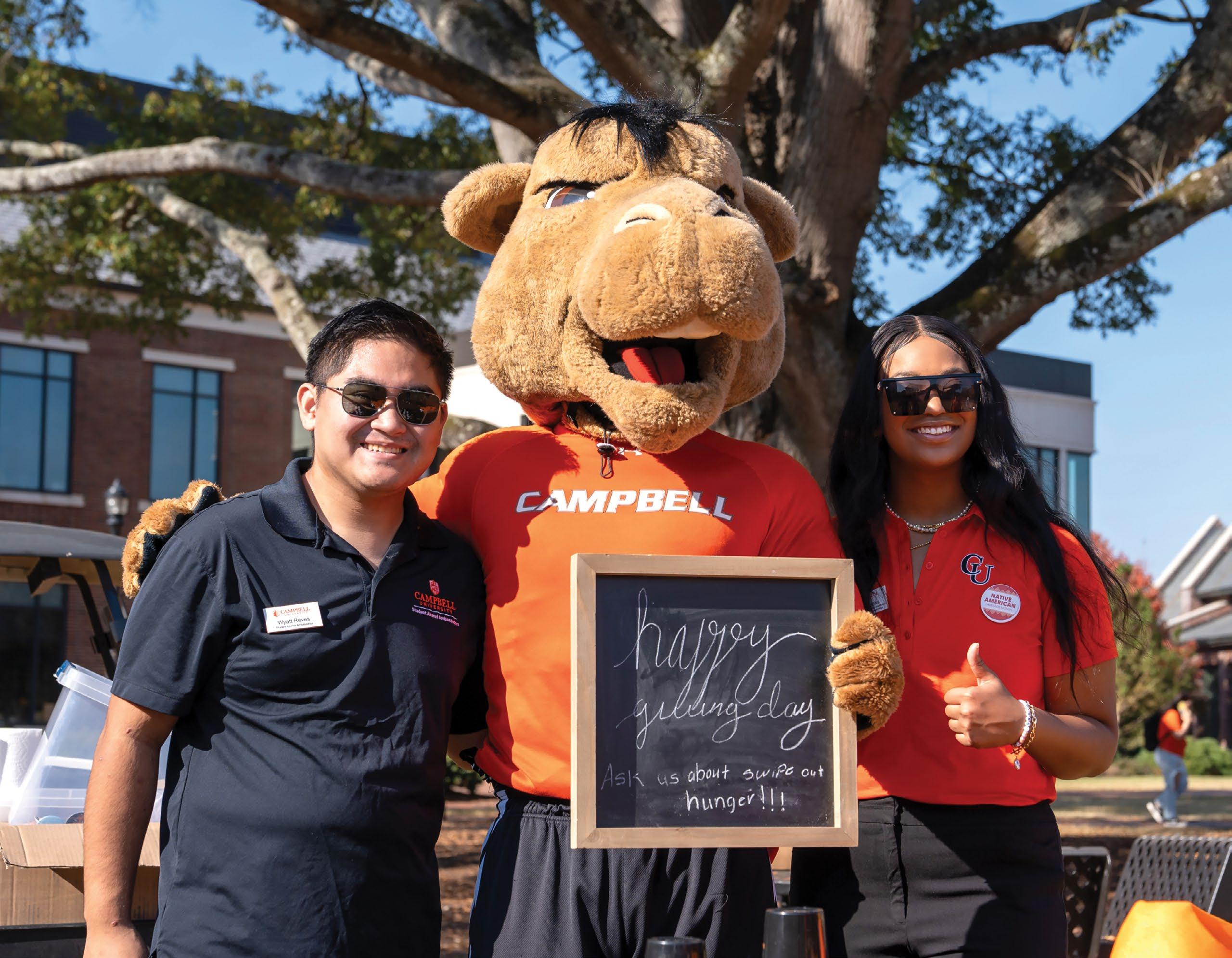
Academic year saw substantial donor support for scholarships, beautification, faculty support, flexible funding and other important Campbell initiatiives
Campbell University students are preparingi to step out into the world to make their marks as educators, faith leaders, engineers, health professionals, entrepreneurs and more. Your gifts to scholarships, facilities, and other resources allow our students to pursue their calling and serve their communities.
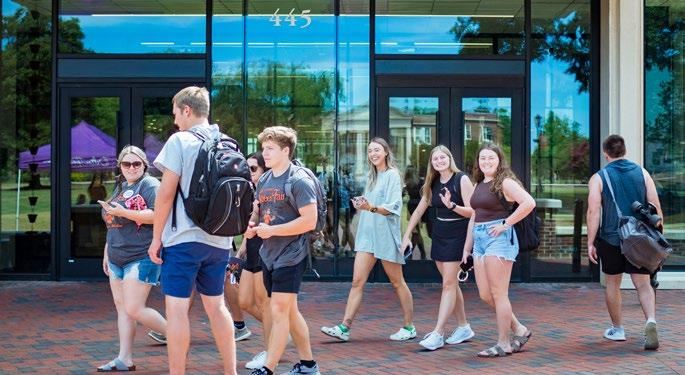

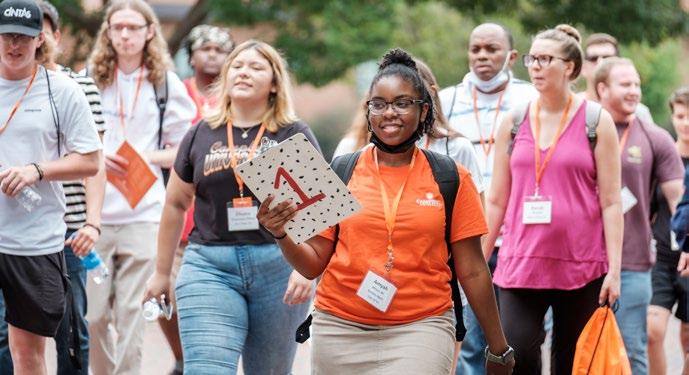
More than 2,500 donors stepped up to support the Oscar N. Harris Student Union, which has hosted 257 alumni engagement events since opening in 2020.
More than 1,600 life-changing scholarships were awarded to worthy Campbell University student scholars during the 2023-24 fiscal year.
The Fund for Campbell provides the the ability to embark on exciting new opportunties while continuing to address our immediate campus needs.
$27,034,692
The total impact of gifts made to Campbell University during the 2023-24 fiscal year
9,555 2,532
Total gifts made during the 2023-24 fiscal year
GIFT RECIPIENTS
Record number of gifts contributed on Nov. 8 for Giving Day 2024
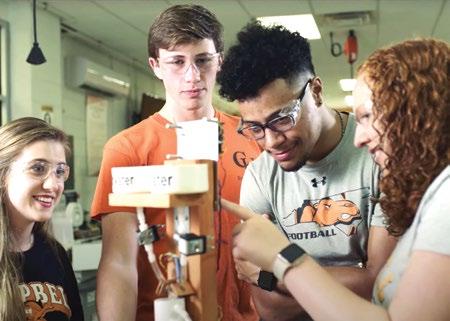
The video promoting recent Giving Day events at Campbell University was awarded “Grand Gold” in fundraising media by the Council for Advancement and Support of Education’s Circle of Excellence Awards in 2023.
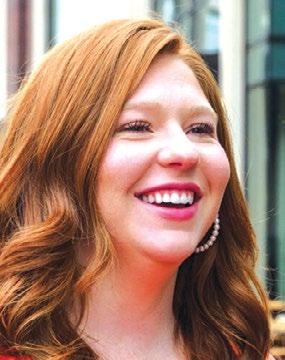
“I wouldn’t have been able to come to Campbell if it weren’t for the scholarships I received. Raised by a single mother, I wouldn’t have been able to swing it otherwise. That’s part of the reason why giving back is so important to me.
The following are just some of the ways your generosity supported Campbell students in the past year:
36 students participated in Study Abroad trips in countries all over the world through the Office of Global Engagement.
20 students traveled as ‘pilgrims’ across North Carolina to serve others through the Office of Spiritual Life.
More than 400 visits were made to CU Nourish (formerly the Pantry) in the last academic year, a 566% increase. More than 30 volunteers gave their tiime to the store during the year, and more than 3,500 pounds of food was donated by individuals and local organizations.
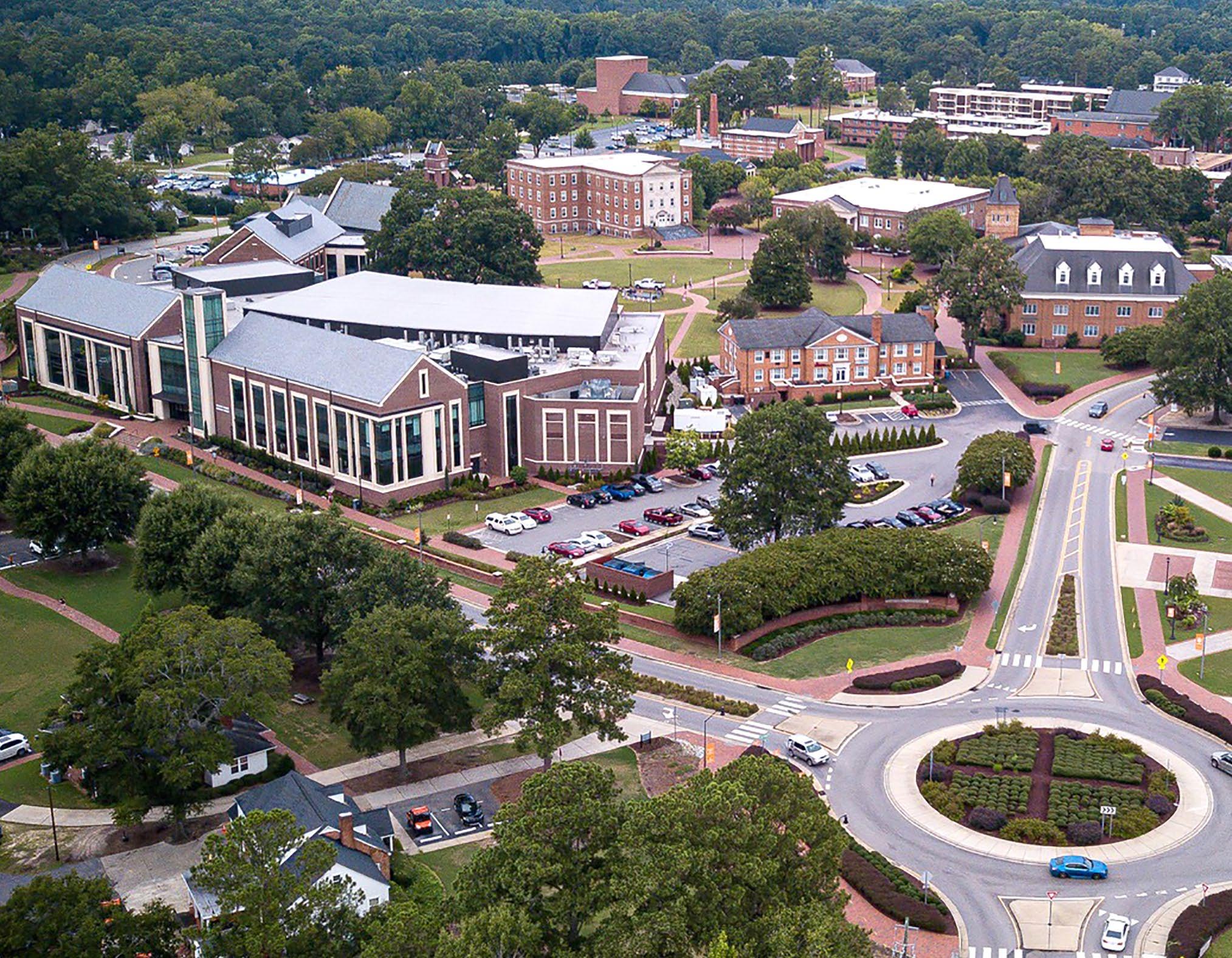
300 Acres: A vast expanse of greenery, offering students a scenic and serene backdrop for their educational journey.
Campbell University’s main campus in Buies Creek has undergone significant changes in the last 16 years, beginning with the addition of the John W. Pope Convocation Center in 2008 and continuing with large projects like the Leon Levine Hall of Medical Sciences (2013), the Tracey F. Smith Hall of Nursing & Health Sciences (2016) and the Oscar N. Harris Student Union (2020). The growing campus means growing costs — it takes approximately $636,000 a day to operate Campbell University and its four campuses. The University relies on sources like the Fund for Campbell to cover those expenses.
Over 2.5 Million Square Feet: Space dedicated to education, innovation and collaboration, fostering an atmosphere conducive to academic excellence.
50 Primary Buildings: Classrooms, laboratories, libraries and administrative spaces, these structures are the beating heart of the campus.
1,300+ Resident Rooms: Beyond being an academic institution, Campbell is a home for many. Residential spaces cultivate a sense of belonging and community.
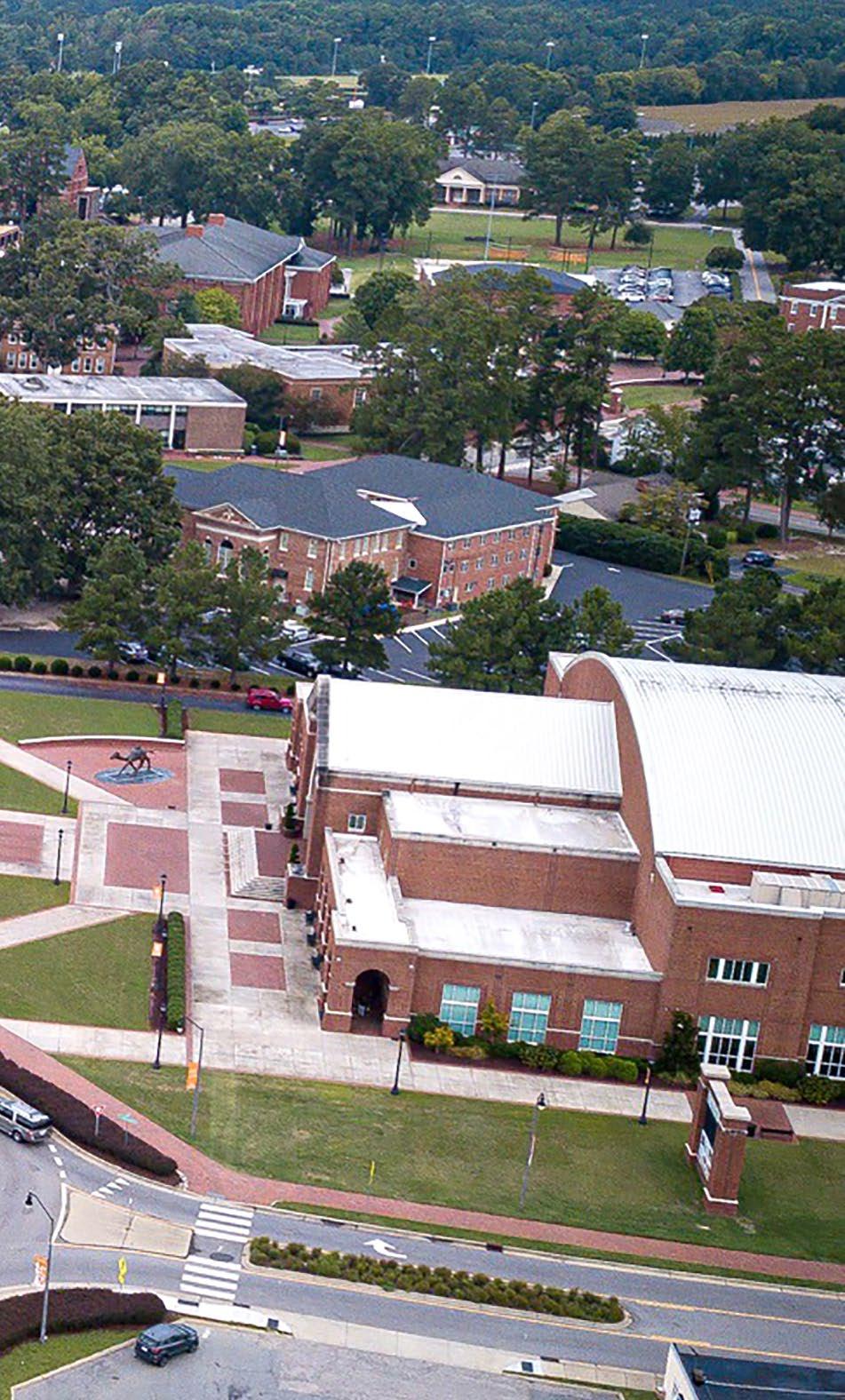
The Fund for Campbell provides the University the ability to embark on exciting new opportunities while continuing to address the needs of our people, programs and places.
Donor support creates flexible funding to help advance our mission —graduating leaders — and allows the university to direct contributions where it is needed most.
$350 million operating budget: Annual gifts to the Fund for Campbell provide an essential revenue source for yearly operations.
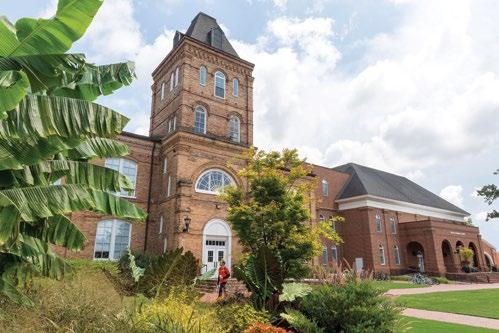
One of the distinct features of Campbell University is its rich history, embodied in structures dating back to the earliest days of the institution. Kivett Hall, the oldest building on campus dating back to 1903, stands as a testament to the enduring legacy of education at Campbell. However, with time comes the inevitable wear and tear. These historic structures require special attention and care to preserve not only the physical architecture but also the history they hold.
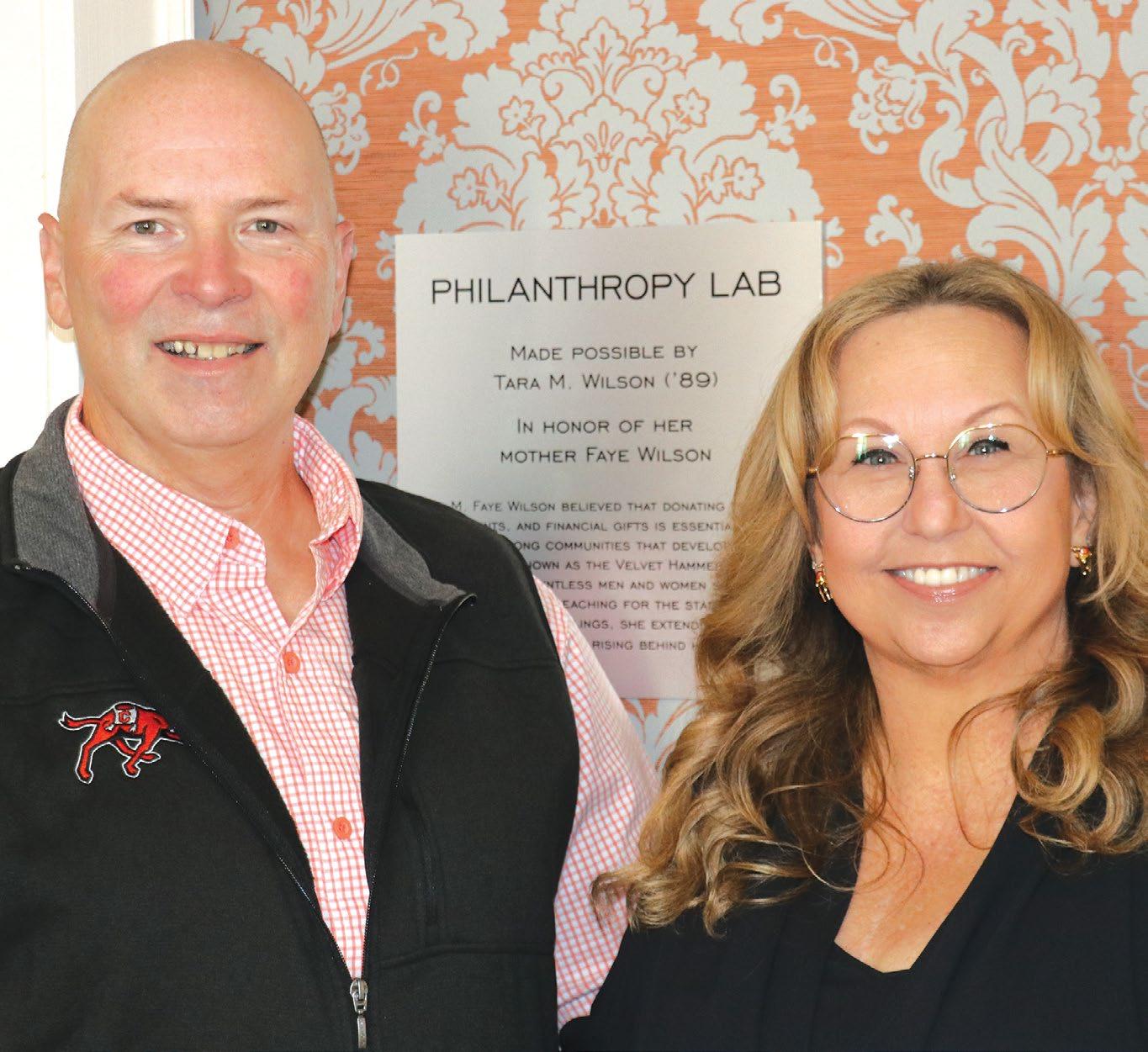
a place where students can grow professionally and philanthropically
The Philanthropy Lab, a space for Campbell students to gain real-world experience in nonprofit fundraising, is now functioning at the Cornelia Campbell Alumni House thanks to a generous donation from alumna Tara Wilson (’89).
“The lab serves as a philanthropic educational opportunity where students actively contribute to supporting our donor phone-athon program,” said Robin Gordon, former director of Annual Giving.
“By participating in these interactions with donors, students gain valuable insights into the generosity of our alumni and friends who play a pivotal role in making our initiatives possible. This firsthand experience not only enhances their understanding of philanthropy but also fosters a sense of connection and gratitude within our Campbell community.”
Tara dedicated the space with a naming plaque in memory of her mother Faye Wilson, a pioneering businesswoman and philanthropist who passed away in July 2023.
Faye made her mark in many industries, notably as an executive with The Home Depot during its formative years as well as a venerable figure in international banking
during 21 years with Bank of America. In 1992, she became the first woman to serve on The Home Depot’s Board of Directors, a position she held for 10 years.
“At first she was given all the scut work because she was ‘just a girl’,” Tara said. “She would write the reports, and one day, one of the vice presidents came down and asked, ‘Who wrote this?’ Everyone pointed at my mom. And he said, ‘Come with me.’ And she was promoted from there.”
Faye’s ascension in the corporate world came at a time when it was uncommon for women to reach the levels of success she did. Faye’s competitive drive helped her break barriers, and her work productivity spoke for itself, Tara said.
Faye was affectionately referred to by her employees as “The Velvet Hammer” for her kind yet direct management style. The moniker is memorialized within the text of the naming plaque located outside the new philanthropy lab.
The lab, which serves as a center for students to grow both professionally and philanthropically, was a perfect symbolic location for Faye’s impact to live on, Tara said.
“By investing in the Philanthropy Lab, Tara showcases a profound dedication to the educational and personal development of our students,” Gordon said. “Her support not only provides a space for tangible resources, but also sends a powerful message about the significance of philanthropy in shaping well-rounded individuals.”
Naming opportunities, like that of Tara and Faye Wilson, allow the University to recognize donors who support Campbell’s mission.

As a freshman, Crystal Lopez-Alvarez wanted to find opportunities to “enhance” her education. She learned she could use her skills as a native Spanish speaker to help Campbell’s Community Clinic. The experience has certainly enhanced her education — sharpening her communication skills and furthering her interest in a career in health care.
“At first, I was slightly scared that I wouldn’t be much help, since I wasn’t familiar with medical terminology,” she says. “But there was an abundance of people willing to help me, and I gained confidence and an interest in taking medical terminology classes this fall.”
The first Philanthropy Week at Campbell was held April 8-12. It was a week dedicated to the spirit of giving and recognizing the many who have contributed to the University, making the Campbell experience possible for its students.
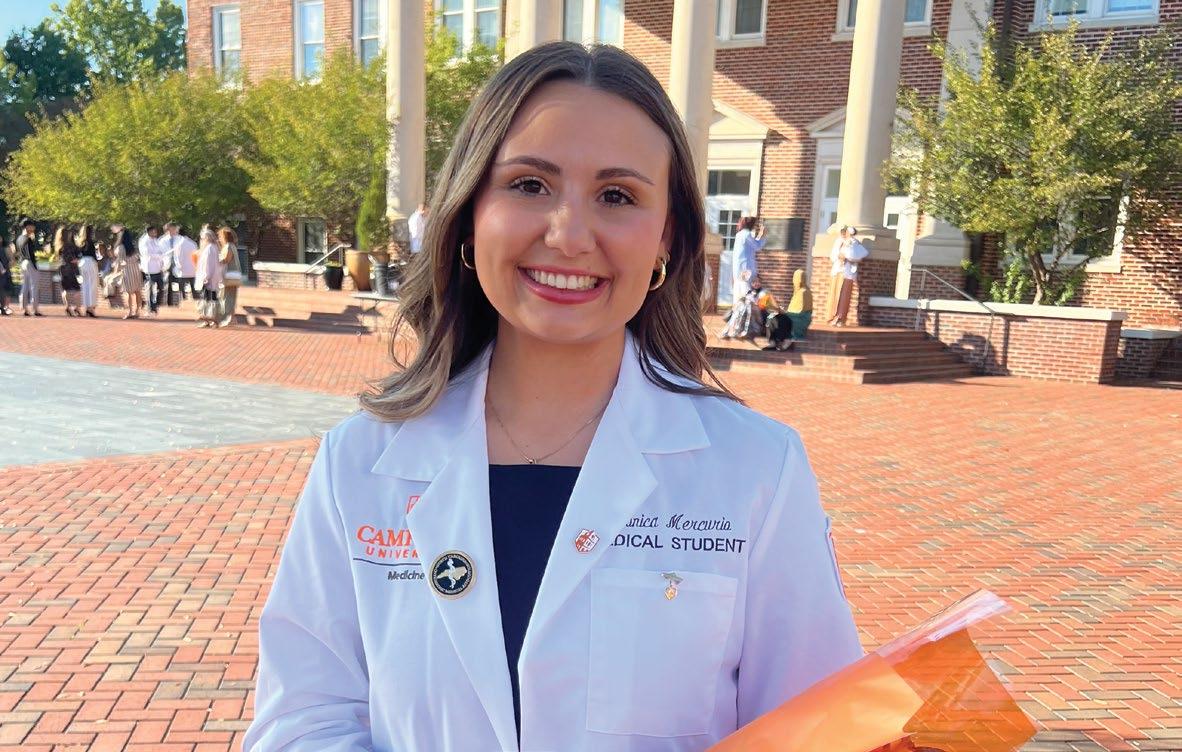
A medical student in Campbell’s Jerry M. Wallace School of Osteopathic Medicine, Monica Mercurio says the school has prepared her for future medical research through practice patient encounters, SIM lab experiences and the rigor and challenge of daily classes.
“Being a medical student at Campbell inspires me each and every day to be committed to this profession and dedicated to growing in reliability, resiliency and intelligence,” Mercurio says. “Campbell will provide any necessary resources to help you grow as a student. Research is what you make of it and the effort you put into it.”
Campbell’s Community Care Clinic was awarded the highest rating possible (Gold Rating) by the National Association of Free and Charitable Clinics Quality Standards Program for 2024.
Community Care Clinic continues to be the gold standard for free rural health care in eastern North Carolina
A generous grant from The Leon Levine Foundation is helping the Campbell University Community Care Clinic deliver crucial healthcare services to migrant farmworkers in rural counties in eastern North Carolina.
The volunteer-based clinic, established in 2014 within the Campbell University School of Osteopathic Medicine, is composed of physicians and physician assistants who oversee teams of medical, PA and pharmacy students. The clinic partners with NC Field, the NC Farmworker Program and local health departments to identify and establish relationships with farms employing migrant workers.
The focus of the mobile units underscores the medical school’s primary mission of training physicians to serve underserved populations in North Carolina. In addition to seeing local patients in Buies Creek, home to Campbell University, the student-run free health clinic uses two mobile health units to provide on-site care. The clinic sees only uninsured patients at or below the U.S. poverty line.
Some 150,000 migrant workers and their families reside in North Carolina each year, according to the N.C. Department of Health and Human Services. Their work is oftentimes dangerous and physically demanding, and yet they face myriad obstacles in accessing adequate healthcare.
Working days that often run long into the evening and accessing reliable transportation are paramount among those barriers, says Dr. Joseph D. Cacioppo, chair of CUCCC’s Department of Community and Global Health. “These workers have virtually no access to health care.”
Cacioppo cited estimates of 6,000 to 7,000 undocumented workers in Harnett County. In neighboring Duplin County, he estimates that between 11,000 and 12,000 migrant and seasonal workers, as well as their families, have limited or no access to quality healthcare. “There are no facilities that stay open late at night, and that’s the only time they can go.”
The clinic provides medically certified interpreters for Spanish-speaking patients and has a team that works to ensure follow-up and continuous care, as well as establishing a medical record that stays with the patients, wherever they may go. DHHS and other rural agencies cover just 40 percent of south Wake, Harnett, Johnston and Sampson counties.
The 2022 Harnett County Community Health Assessment showed 20 percent of the survey cohort had trouble accessing health care. Of that 20 percent, 42 percent had challenges with accessing primary care. Harnett County along has 3.77 primary care physicians per 10,000 residents. Hypertension and diabetes are the two most frequent diagnoses in migrant camps served by the clinic.
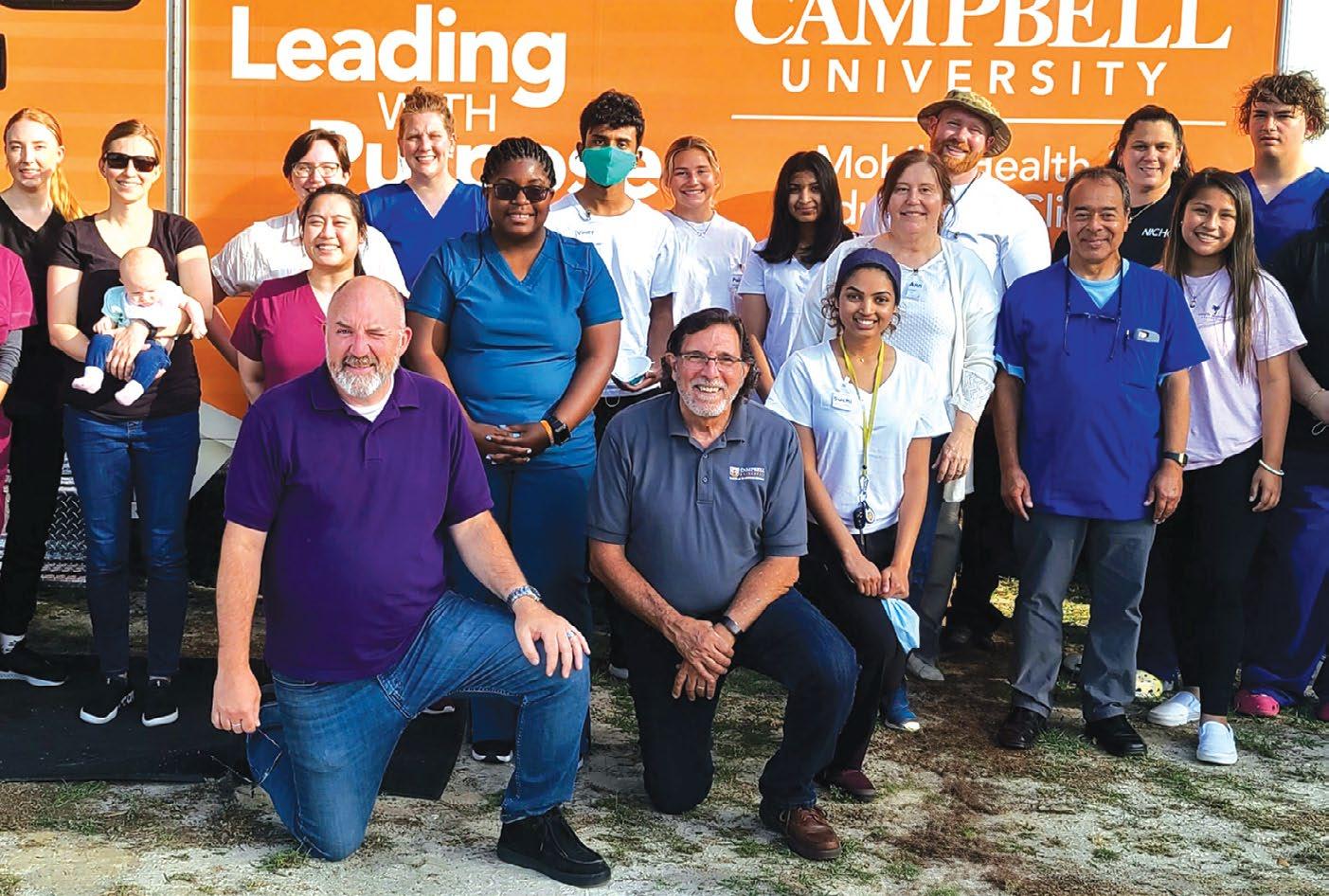
The Community Care Clinic served 635 patients in 2023 alone and provided an estimated $1.5 million in estimated medical care (and an estimated hospital emergency diversion savings of $3.1 million).
The mobile units, purchased in 2020 with state COVID-relief funding, serve the workers in their camps, and a centralized site in Duplin County allows the clinic’s partners to offer transportation, giving the workers an opportunity to benefit from a variety of health services. Free services include medical exams and treatments, laboratory evaluations, imaging referral to an in-kind provider, medications, behavioral health counseling and more.
In 2023, the North Carolina General Assembly voted to allocate $1.5 million to construct a station on the Health Sciences campus to house Campbell’s fleet of mobile medical clinics.
Family behind Keith Hills community has Campbell ties dating back to early 1900s
The Keith name is synonymous with Campbell University. Going back a century when a young man named Fred Keith arrived on the campus of then Buies Creek Academy in 1916, Keiths have contributed to the growth and success of the school. The name is found at the gates of the
As trustees, distinguished alumni and financial supporters, Keiths have played an important role in Campbell University’s history. Today, the name means even more.
On April 11, members of the Keith family gathered with University cabinet members and staff to celebrate the naming of the Keith Family Ballroom, the largest room in Campbell’s Oscar N. Harris Student Union, which opened in 2020. The ballroom — which can seat more
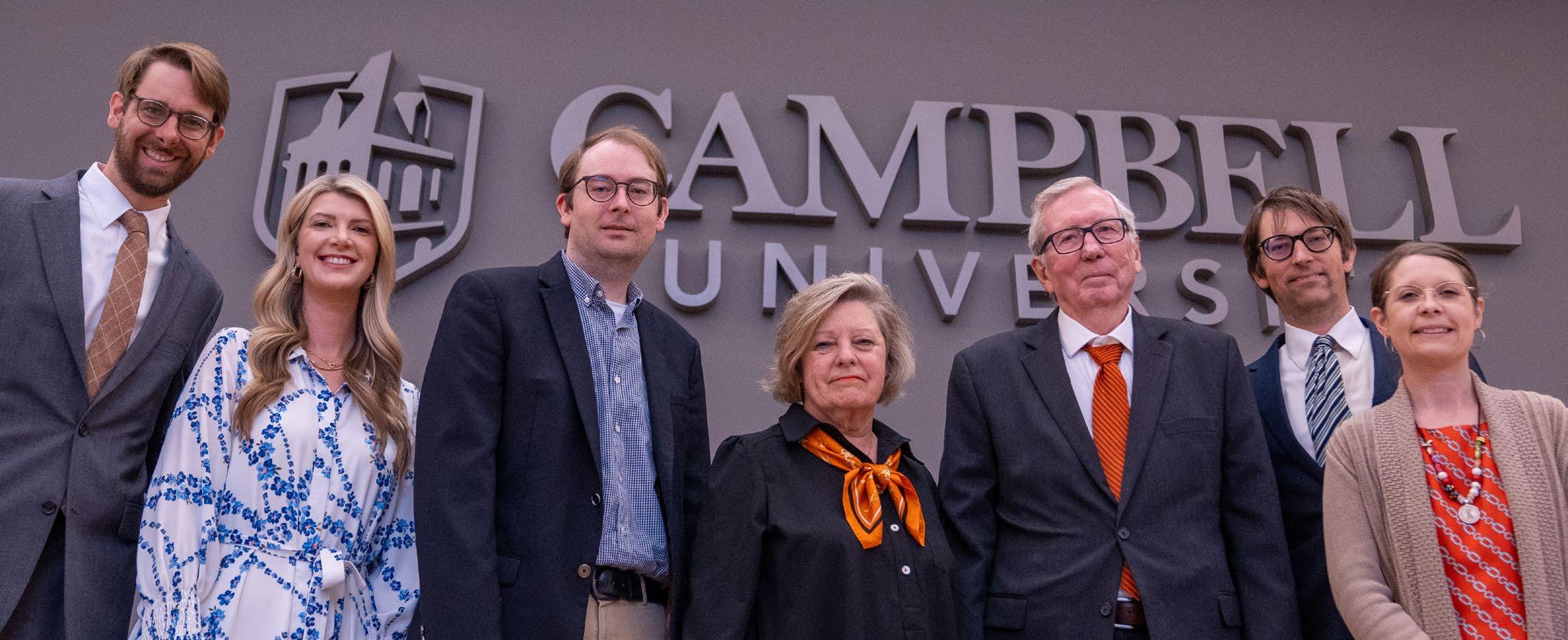
research exhibits, conferences, academic gatherings and more over the last four years, providing a much-needed dedicated event space that Campbell had lacked for several years.
“So many names are etched into the archive of leadership and generosity [at Campbell University],” Executive Vice President Dr. John Roberson said during the invocation of the naming ceremony held inside the ballroom on April 11. “Kivett. Rich. Taylor. And so many others to include the surname Keith. May we not overlook a sterling example of leadership and generosity … perpetuated through this beautiful space that we come to dedicate today. May this place also serve as a reminder to all who enter it of the responsibility to be good stewards of our resources and generous in the use of our gifts.”
Fred Keith graduated from Buies Creek Academy in 1918 during the leadership of school founder J.A. Campbell, and he went out to become founder and namesake for the Keith Hills community in Buies Creek, which turns 50 this year. Fred served on the Board of Trustees from 1956 to 1984, was named a Distinguished Alumnus in 1969 and was awarded an honorary doctorate in 1977.
His son, Tom Keith, was a 1964 business administration graduate of Campbell College who went on to enjoy a 50plus year career in real estate. His company, Tom J. Keith & Associates, has served individuals, Fortune 500 companies and government entities for over 50 years. Like his father, Tom Keith has served several leadership roles for his alma mater, including service on the Board of Trustees from 1970 to 2023 (he was chairman in 2017-2018). He was affirmed as a Trustee Emeritus this year.
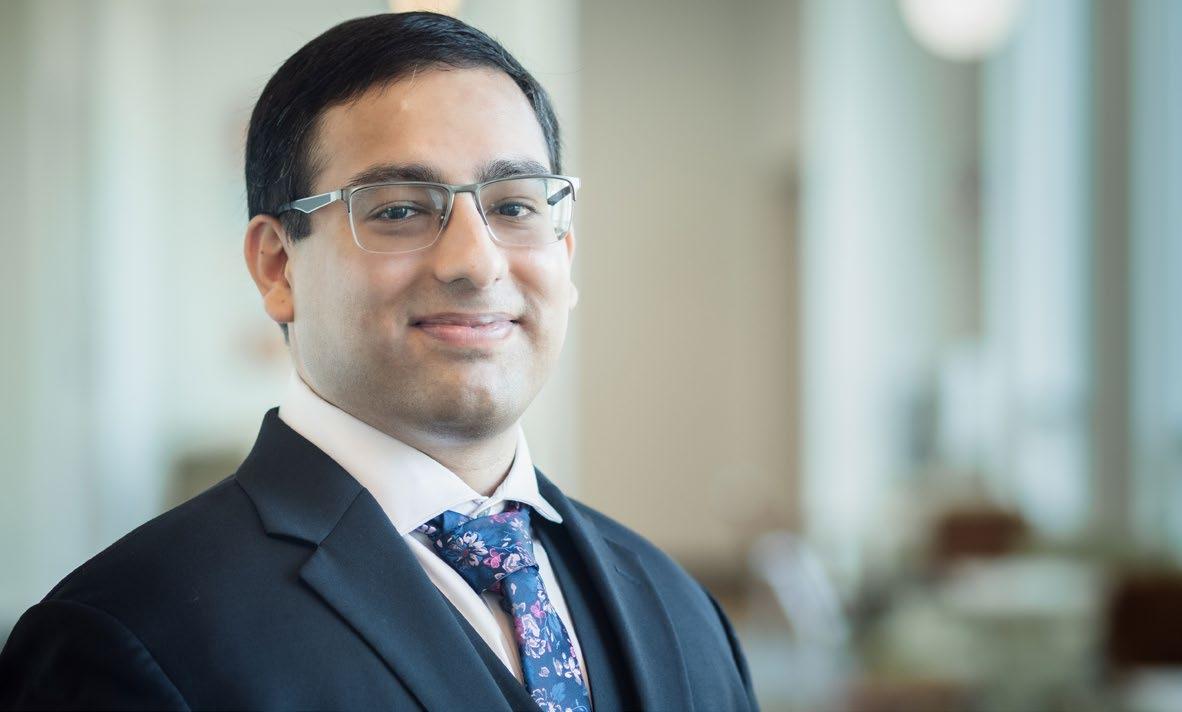
A family history of heart issues and a desire to serve others were the driving forces behind Surya Gara’s dream to one day work in the medical field. Gara worked for two years as a medical scribe after undergrad, but he still didn’t feel like he was ready for the rigors of med school. He saw Campbell’s Master of Science in Biomedical Science program as a stepping stone. This fall, he’s a first-year student of the Jerry M. Wallace School of Osteopathic Medicine.
“I’ve grown so much at Campbell,” he says. “I feel like this school is invested in us, and I’ll be prepared for the next step.”
The Keith Hills golf course and community in Buies Creek will celebrate its 50th year over the coming months. The course was the brainchild of Fred Keith, a 1918 graduate of Buies Creek Academy and father of Tom Keith, who like his father was a longtime member of Campbell University’s Board of Trustees.
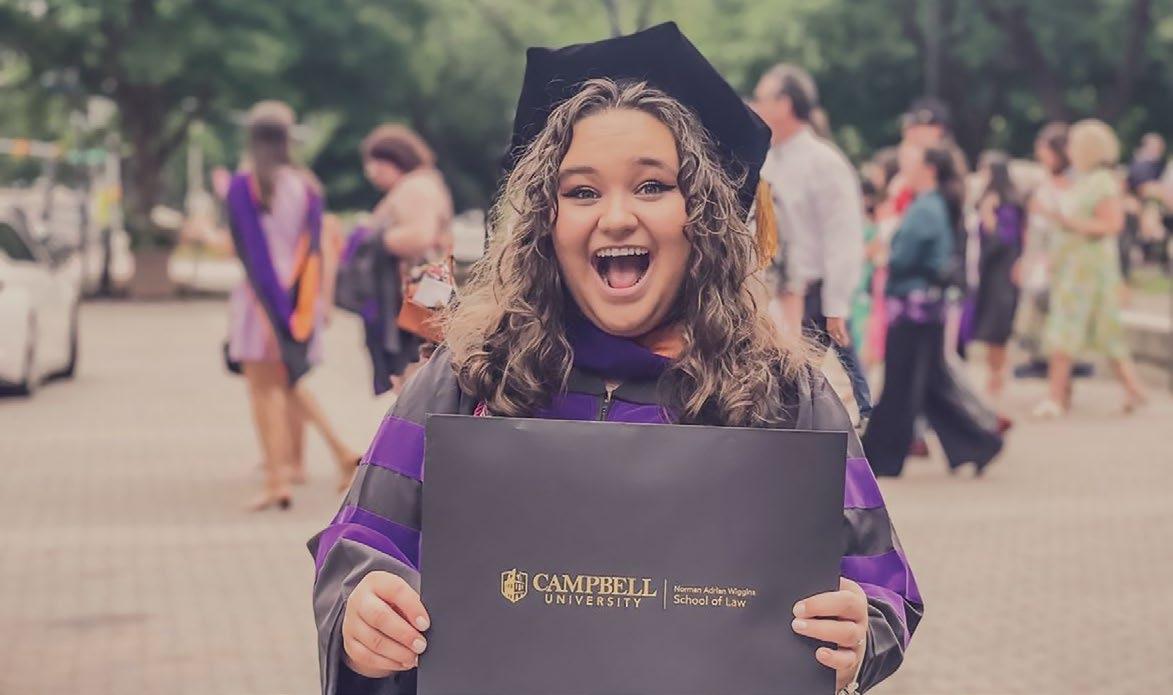
A student in the Richardson Family Education Equity Clinic, Madelyn Fogleman says in a perfect world, children requiring accommodations in public schools would have access without having to fight for it. Unfortunately, she says, we don’t live in a perfect world.
“Education is one of the most important aspects of life in and out of the classroom and children are continuously learning,” she says. “The clinic is helping fuel the guarantee of education, not just a bare minimum, but a quality education. [After meeting our first client], I truly understood what professors have been sharing since my first year here: the practice of law is not for ourselves, but for our clients.”
‘THE NEED IS ENORMOUS’
Law Dean J. Rich Leonard: “We’re moving in the direction of needing to offer more experiential legal education. I could not be prouder of how far we have come.”
Richardson Family Education Equity Clinic provides free legal service to low-income, at-risk children with disabilities to protect their rights
Billy Richardson (’80), a Fayetteville attorney who served in the North Carolina Legislature for more than a decade, and Barbara Richardson, who holds a master’s degree in special education, gave the Norman Adrian Wiggins School of Law a substantial gift to support the addition of a sixth pro bono clinic focusing on protection of the educational rights of children with disabilities.
The Richardson Family Education Equity Clinic provides free legal representation to low-income, at-risk children with disabilities who are seeking to restore and protect their educational rights in public schools.
“It is a real honor to be a part of this clinic,” Billy Richardson said during clinic’s dedication ceremony in January. “Special education has meant so much to our family. This clinic enables us to be part of something bigger than ourselves.”
The Richardsons’ daughter Caroline McGann, is an occupational therapist, and sons Matt (’09) and Zack (’17)
are also Campbell Law alumni, making support of the clinic a true family affair.
Billy Richardson also had some advice for current law students, saying they are about to embark on a career where they get to impact so many lives. “Seize the day. Passionately care for your clients. And be the best lawyer you can be.”
Dean J. Rich Leonard said, “When I took this job almost 11 years ago, after the brilliant Dean Melissa Essary moved the law school to Raleigh, my job was to embed the law in the legal culture of Raleigh in every way possible. One of the ways we have done that is the dramatic expansion of our clinical programs. As we stand here today to open our sixth legal clinic, I could not be prouder of how far we have come.”
Leonard is a huge proponent of experiential education for three reasons, he explained.
“First, it is the most pedagogically effective way in which we teach our students to be lawyers. Second, because all of our services are income-based, it provides critical services to our fellow citizens who have no ability to hire a lawyer. And perhaps most importantly to me personally, and to our mission as a school, it comports with our stated identity. As the Good Book teaches us, faith without works is dead. And these are our works.”
Professor Lisa Lukasik, who was named the inaugural director of the clinic, said she believes the work being done in the clinic is important.
“We believe that we can provide good service and support for the families that we serve. And we are inspired by the legacy of the Richardson family to do good service in the
public interest. We also hope to provide meaningful and impactful opportunities for students to get legal skills but also to develop habits of pro bono service.”
Lukasik describes her students as brillant, compassionate and committed. “They have already leveraged the opportunity to feel the human kindness and humanity in groups of clients to conduct intakes, counsel clients, provide strategic legal advice, research difficult problems, draft petitions, engage in negotiation through mediation, and much more.”
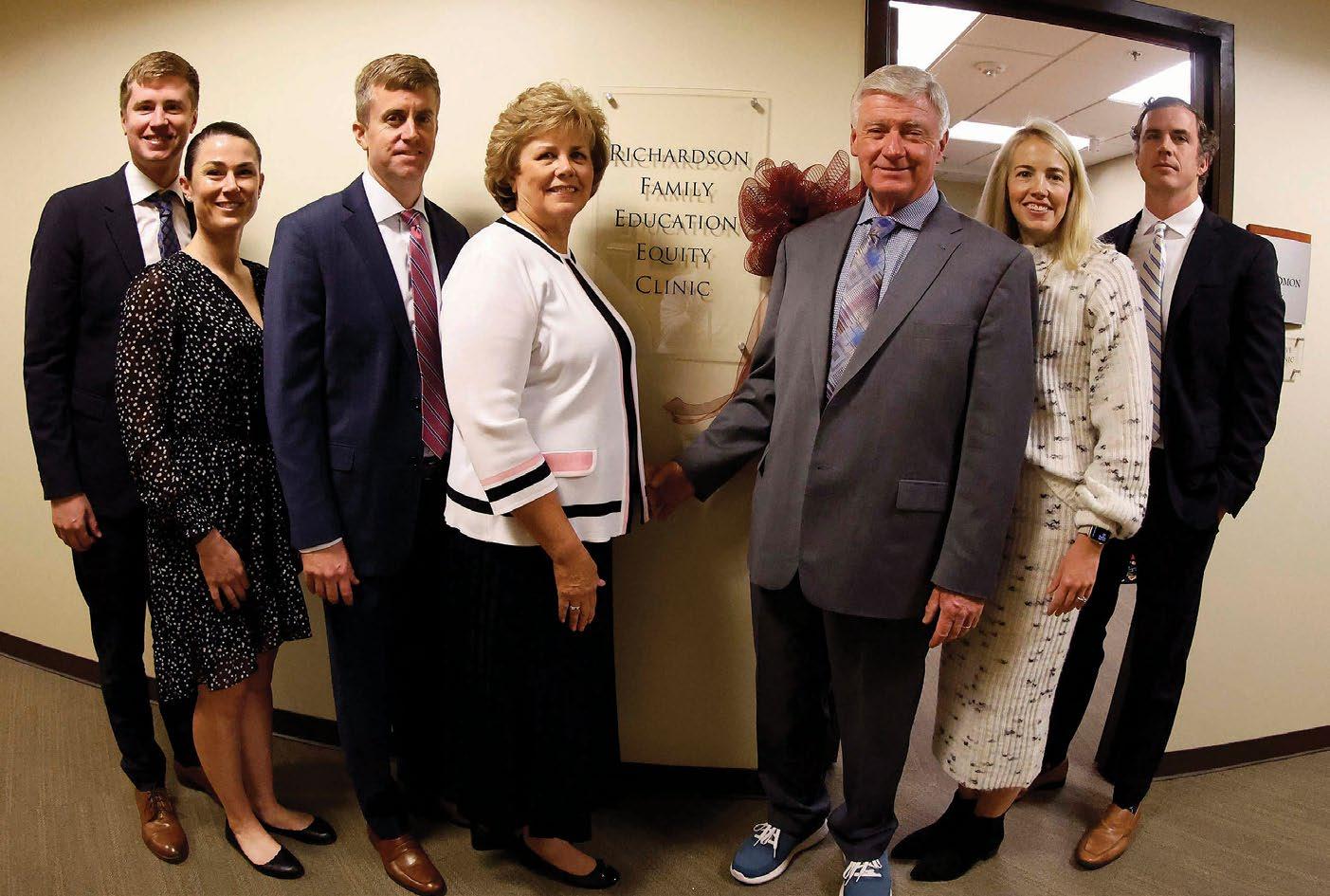

Scholarship aimed at business students from rural, underserved area in eastern North Carolina
The year 1924 was a big one for Buies Creek Academy. The entire campus received electricity that year after a power line connected it to the nearby town of Erwin. An influential donor died that year and left $160,000 to construct what would become the D. Rich Building. And it was that year when a young teacher named Mabel Powell arrived to teach English and Latin, starting a 43-year career as one of the most influential women in Campbell University history.
That year, Robert Lee Britt was a member of one of BCA’s final graduating classes before it became Campbell Junior College in 1926. Britt came from a family of modest farmers in Lumberton — his grandfather was a Civil War veteran — and he arrived in Buies Creek with little means to pay his tuition. He earned money by picking cotton and working other jobs at nearby farms, and upon earning his two-year degree, he went on to earn his bachelor’s from Bowling Green School of Business (now Western Kentucky University).
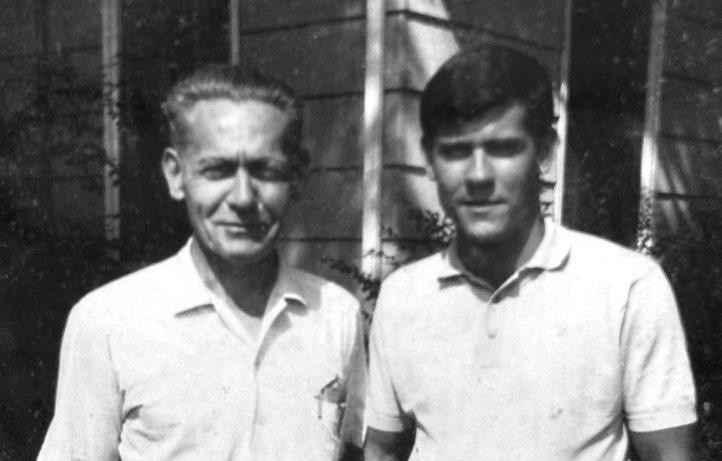
His education would lead to a long career in the business industry, first as a bank clerk then a business manager and administrator for hospitals in the southeastern part of the state. Throughout his life, Britt credited his success to his education and advocated for higher education to his family and friends.
When his son Preston H. Britt graduated from high school in 1964, he encouraged him to follow in his footsteps and attend Campbell College.
Preston admits his grades weren’t the best and it might have taken a few favors from his fathers’ friends in Lumberton to get him enrolled. But Preston made the most of his opportunity and enjoyed a career first in public education then in trust management before spending the last 20 years owning and running a nursery and garden center.
He’s giving back to Campbell University and honoring his father by creating the Robert Lee Britt School of Business Endowed Scholarship Fund. On the 100th anniversary of his father’s graduation from Buies Creek Academy, Preston Britt gifted $25,000 to establish an endowed fund to provide scholarships to full-time undergraduate business majors who demonstrate a financial need and come from unincorporated parts of rural Robeson, Bladen, Columbus, Hoke or Scotland counties.
“We’re looking for students with similar backgrounds to my father,” he says. “He realized that education opened a lot of doors for him and can open doors to students 100 years later. That’s what this scholarship is all about.”
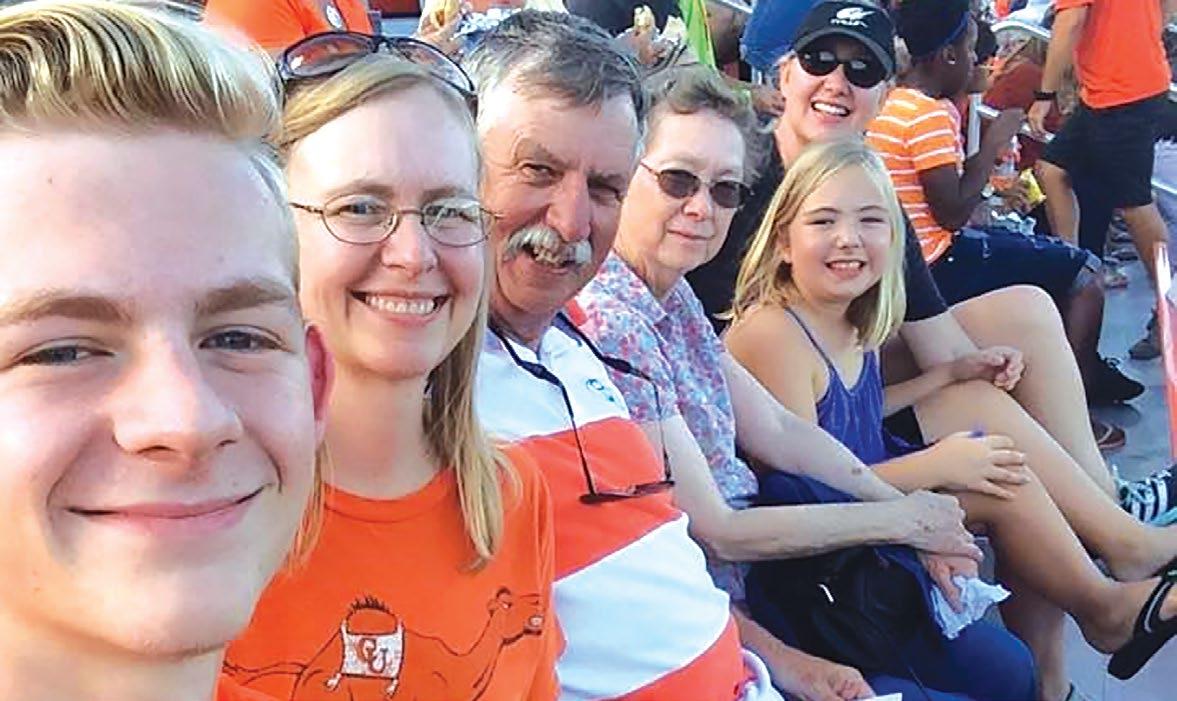
Caleb Fisher broke his family’s heart when he told his mother Marsha Silvester (’95) and grandfather James Silvester (’68) that he wasn’t attending Campbell for undergrad. He made up for it by choosing the Norman A. Wiggins School of Law for his graduate studies. Law school was made possible by the Alumni Association Legacy Scholarship he was awarded last spring.
“Moments like this, where the generosity of others makes my dream more easily accomplished, are everything,” Fisher says. “This scholarship relieves me of part of that burden and allows me to focus more on my studies.”
Learn more about how to make a “legacy gift” — such as a scholarship — by visiting give.campbell.edu. In 2023, more than 4,300 generous donors supported Campbell through charitable giving.
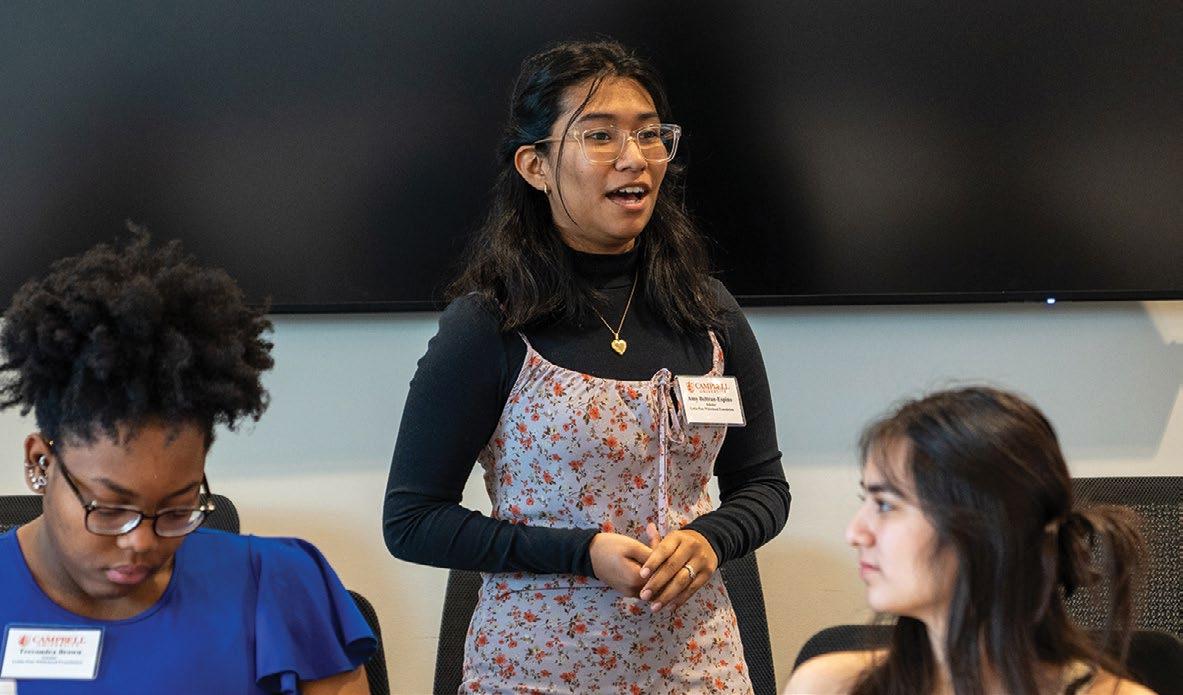
Currently, more than 150 young women enrolled at Campbell University receive scholarships provided by the Lettie Pate Whitehead Foundation. That’s more than 5 percent of the female population at the University.
One of the recipients was among the two dozen women who met with Foundation officials in March. Amy Beltran -Espino said she chose Campbell because of the tight community and to fulfill her family’s dream.
“My parents prayed so much for me being here. They suggested it was a good school not only for my spiritual guidance, but my education and the community support as well.”
The foundation is named in honor of renowned businesswoman and philanthropist Lettie Pate Whitehead Evans (1874-1953). It has awarded more than $767 million in grants since 1946.
Over the last 70 years, the education of thousands of young women at Campbell has been made possible by the Lettie Pate Whitehead Scholarship
Campbell is one of 200 schools in the Southeast that has benefited from the Lettie Pate Whitehead Foundation and was one of the group of 29 colleges and universities to partner with it when it launched in 1954.
On March 1, two dozen of the more than 150 female students who currently receive the scholarship had the chance to meet representatives of the Foundation and thank them in person. Speaking with Carrie Conway, senior program officer, and Trustees Chair Lyons Gray in the Oscar N. Harris Student Union, the group talked about the career opportunities they’re seeking and why they chose Campbell University to help get them there.
The Lettie Pate Whitehead Foundation has been providing annual grants for the education of deserving Christian female students at accredited educational institutions across the southeast. Today, the Lettie Pate Whitehead Scholarship is awarded to young women with financial need at 200
schools — including Campbell University, which was one of the 29 originally involved institutions when the scholarship was launched for schools in 1954. Since then, the Lettie Pate Whitehead Foundation has granted more than $6.2 million in scholarships to Campbell’s female students.
Currently, more than 150 young women are enrolled at Campbell University receiving scholarships from the Lettie Pate Whitehead Scholarship. That’s more than 5 percent of the female population at the University.
“I think it would be impossible for [Lettie Pate Whitehead] to imagine how this was going to play out over time, and the enormous impact it would have and the opportunities that would become available to women,” said Conway. “[Seventy years ago],
there was so little opportunity for women. It really wasn’t common for women to achieve higher education. Today across the country [about] 60 percent of college students are women.”
Roughly 55 percent of Campbell’s student population is female.
The Lettie Pate Foundation awards “need-based” scholarships. Many of the recipients fall into that category by way of growing up in a single-parent or foster household, growing up with financial hardships, or having some other circumstances.
“This is a very inspiring thing to be a part of,” said Conway. “It’s amazing to know that seven decades of women who’ve come through Campbell who have been part of this legacy. And you’re carrying that legacy on today.”
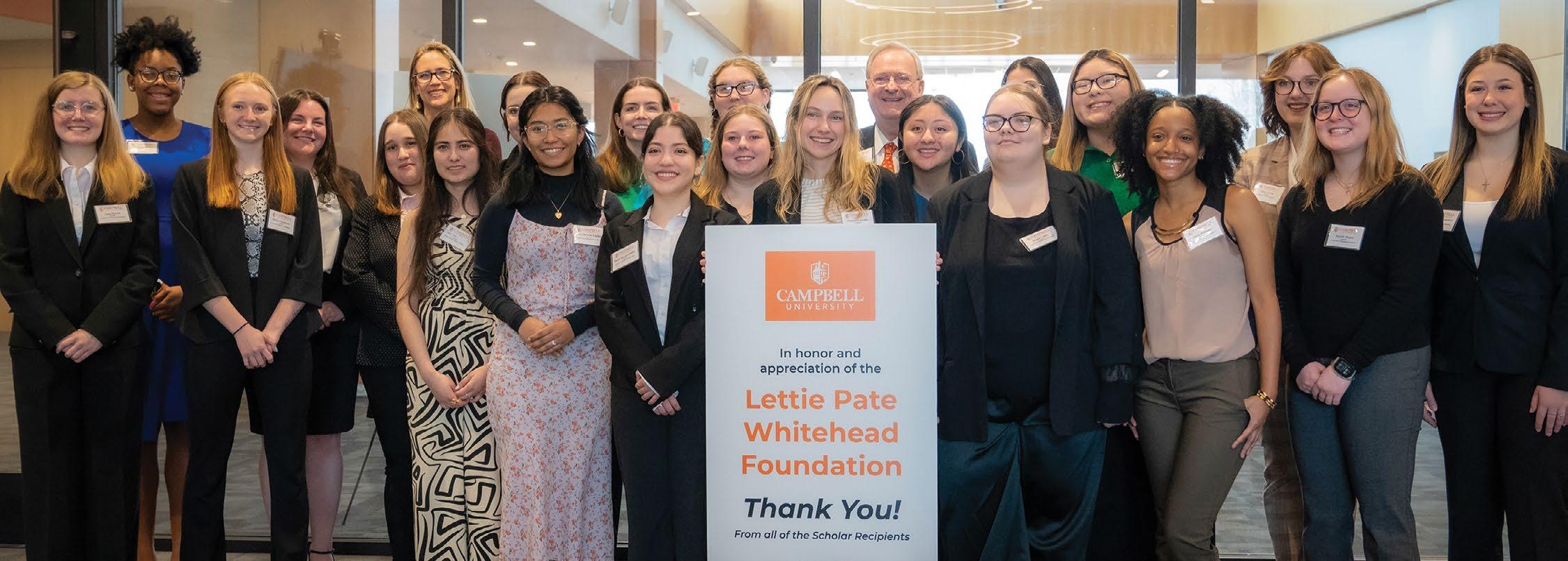
More than 20 young women, among the 150 at Campbell who receive scholarships made possible by the Lettie Pate Whitehead Foundation, met with the organizations officials in March.
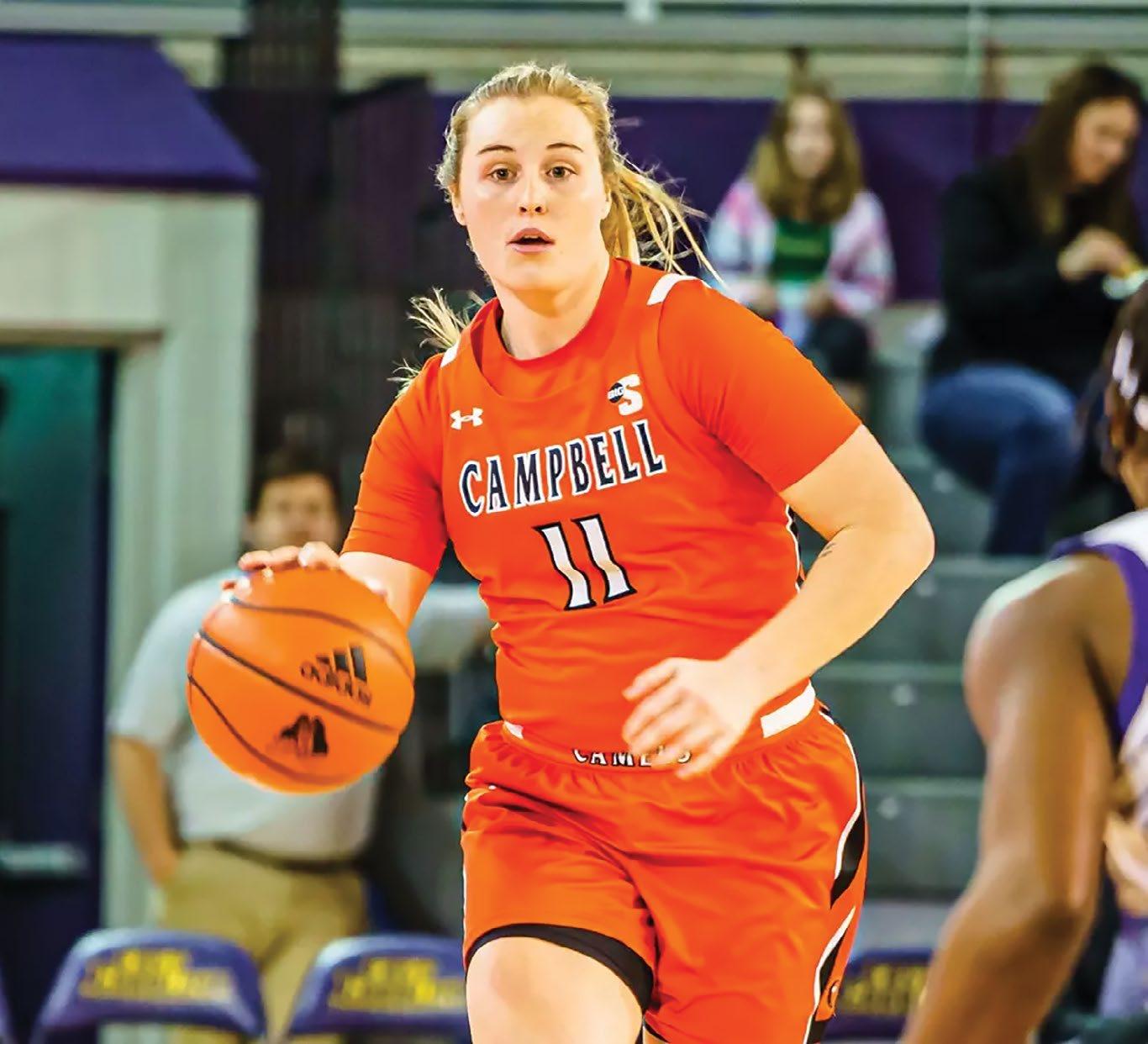
When Shy Tuelle first stepped onto the Campbell University campus, she immediately knew that this was the place where she wanted to pursue her athletic and academic career.
She never dreamed that nearly six years later, she would have put herself in a position to pursue not one or two, but three paths for her post-graduate career.
“When I got on campus, it really felt like I picked up my home in Hampton and placed it here,” said Tuelle, who hails from a small unincorporated community (population 2,030) in Carter County, located in northeast Tennessee and bordering North Carolina. “What drew me in was the closeknit community at Campbell. It’s just like home.”
The generosity of Fighting Camel fans, alumni, family, and friends truly make a difference in the lives of student-athletes at Campbell University.
Through the newly created Women’s Empowerment Fund, the Fighting Camel Club’s goal is to make that experience even better, specifically for our female student-athletes.
Tuelle has taken advantage of her experience at Campbell, where she not only ranks eighth all-time on the women’s basketball scoring list and was named the Coastal Athletic Association’s women’s basketball scholar-athlete of the year for 2023-24, but also has earned two undergraduate degrees in addition to her MBA.
The pandemic and a year spent watching from the sidelines due to injury extended Tuelle’s career not only to the secondmost games played (151) in program history, but also to one where she could match her interest in sports and the financial world with her dream of playing professional basketball. After pursuing a professional career, Tuelle hopes to one day run her own AAU basketball program where her training in sport management and business would converge. She said she appreciates the fact that her scholarship not only presented her with the chance to pursue her academic and athletics goals, but also was a tremendous financial benefit. Earlier this year, the Fighting Camel Club announced its commitment to the support of student-athlete scholarships.
“To have these experiences and come out of college with no debt means the world to me and my family is very grateful as well,” she said.
She’s made lifelong friends and acquaintances and been fully embraced by the Campbell and Buies Creek community.
“The biggest thing was seeing my professors at the game supporting me,” said Tuelle. “They’d stop me after the game, or at class and tell me ‘Good luck tonight’, or ‘I’ll be there,’ and then I’d see them in the crowd and that just shows that it’s a family, and everyone wants to see you succeed.”

Entering his senior season this year, C.J. Tillman will be looked at as a leader for a young team with a new coach. Tillman is one of three Camels named to the CAA pre-season All-Conference Team and the only one named to the first team. He says getting a scholarship to Campbell made his dream of playing at the next level possible.
“I never wanted to put my parents in a situation where they’d be out-of-pocket and worrying about it. Instead of having that stress, I can put that energy into the classroom and football. I appreciate the donors who have made that happen.”
The Fighting Camel Club directly supports Campbell’s mission and empowers student-athletes to lead with purpose on and off the field. Its goal is to foster an elite experience that promotes a culture of excellence in the classroom, in competition, and in the community. Learn more: gocamels.com
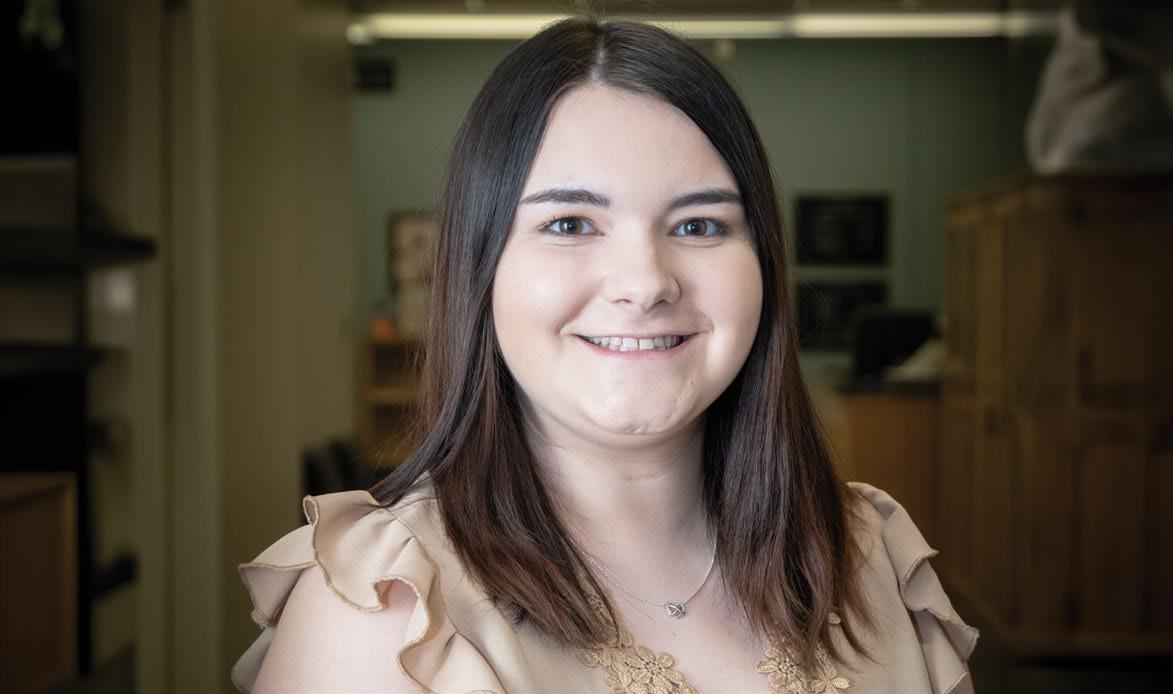
Campbell is one of two independent universities in the state to receive a grant from the N.C. Recovery Research Network and Department of Public Instruction to understand the effect of federal relief funds on the state’s K-12 public schools. The grant has gone toward research on teacher retention rates, particularly in rural school districts.
Recent grad Rebecca Roope was part of the student team in the School of Education & Human Science’s research. She called the experience valuable: “My major focused on psychology, but being a part of this got me out of my comfort zone and opened my eyes to the challenges our teachers face.”
The General Assembly allocated $2.5 million in one-time funding in 2023 to launch a Risk Management Institute within the School of Business to train students for careers in the insurance industry (particularly careers in local communities in North Carolina).
Made possible by Bob Barker Company Foundation, Second Chance Initiative has expanded to other correctional facilities, post-release programs
In 2018, the Bob Barker Company Foundation reached out to both Campbell University and the North Carolina Department of Adult Correction to partner in developing a higher education program in North Carolina aimed at providing degrees for currently incarcerated offenders that would provide employment and a liberal arts education to prepare them for long-term careers.
The state selected Sampson Correctional Institution, an adult male medium and minimum custody facility, as the site for Campbell’s Associate of Science in Behavioral Sciences degree program. Since then, the program has expanded to offer a Bachelor of Science in Communication Studies with a minor in addiction studies for students who wish to continue their education at Sampson Correctional.
Ten students began the BS degree in August 2021, and a new cohort of 15 began the AS degree. After two years of intensive study, the rigorous standard of the Campbell program and
the behavioral requirements of the prison, 17 students received degrees. Last November, 17 men received their bachelor’s degrees at Scotland Correctional in Laurinburg. In doing so, they conquered the rigors of a strenuous curriculum while living in a challenging environment while enduring the struggles presented by COVID.
“I’m incredibly proud of what these men have accomplished over the past few years,” said Kelly Morin, assistant dean for the Second Chance Initiative. “They’ve faced many challenges and barriers, but have remained steadfast in their pursuit of a degree.”
Campbell’s mission through the Second Chance Initiative is to graduate students with exemplary academic and professional skills who are prepared for purposeful lives and meaningful service. The goal is to help incarcerated or previously incarcerated students develop the skills and abilities to contribute to their communities and live upstanding lives. The program provides students with the skills and credentials needed to obtain meaningful employment upon release in areas that offer a good salary, fewer barriers to those who are justice-involved and opportunity for career advancement.
“I’m excited to continue partnering with these students as they continue their studies or prepare for a career postrelease,” Morin said. “Our team in the Second Chance Initiative is constantly working to find new avenues to expand the student experience with our incarcerated population and committed to provide support as they transition into their new lives outside of prison.”
Even in its early stages, the program appears to be a success. In 2023, the North Carolina General Assembly voted to allocate $1 million in recurring annual funding to support the Second Chance Initiative.
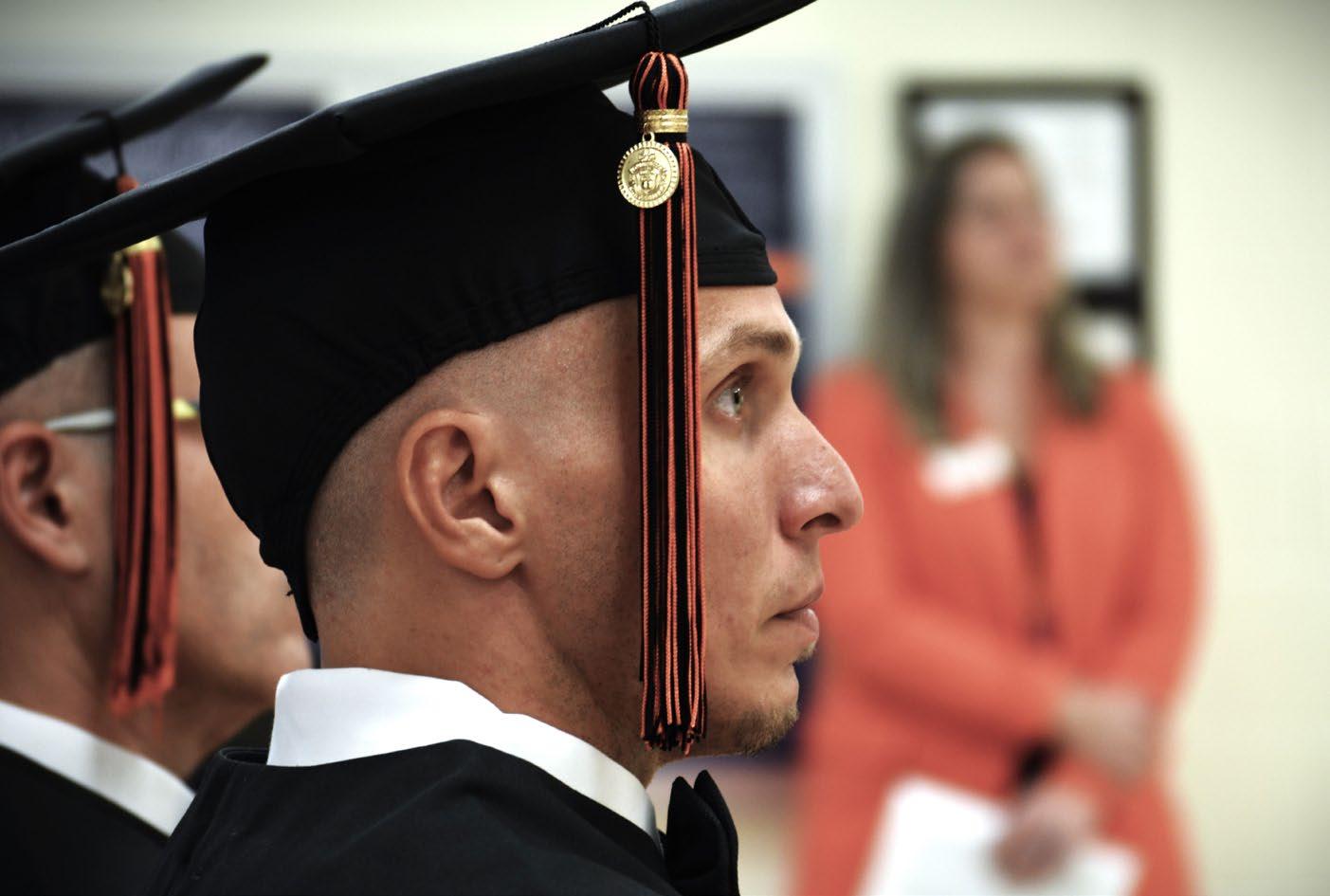
The first students to earn a two-year associates degree did so at Sampson Correctional Institution in 2021. Two year later, 17 men received their four-year bachelor’s degrees at a ceremon in Laurinburg.
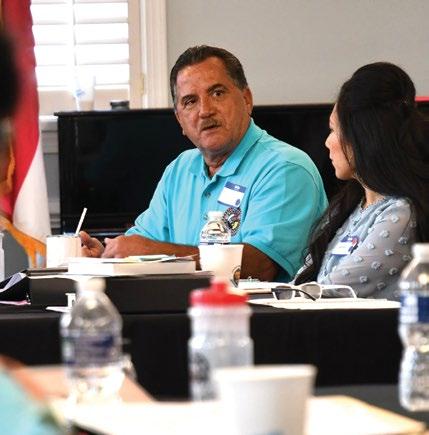
For the past three years, Campbell University has worked with the N.C. Commission of Indian Affairs to launch a Native American Tribal Leadership Program and support the organization by hosting statewide meetings and annual conferences. Over the summer, Campbell and the Commission hosted Kody Kingsley, secretary for the N.C. Dept. of Health and Human Services, to talk about the government’s role in the welfare of Native American children.
Campbell alumni have a unique opportunity to invest in the development of their alma mater while helping current students to engage in a quality education. Alumni gave more than $4.4 million to Campbell in the last year, and many others gave back by volunteering, attending events or joining alumni networks.
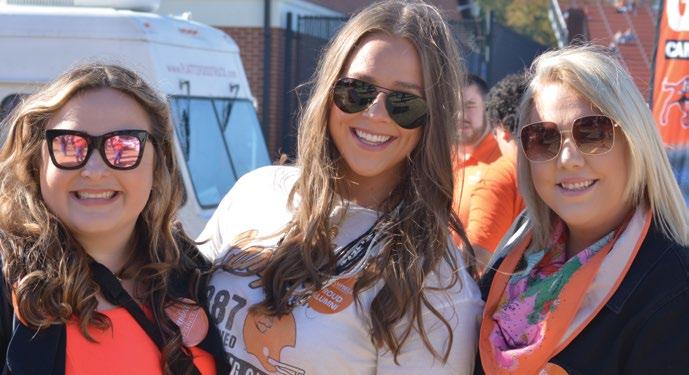
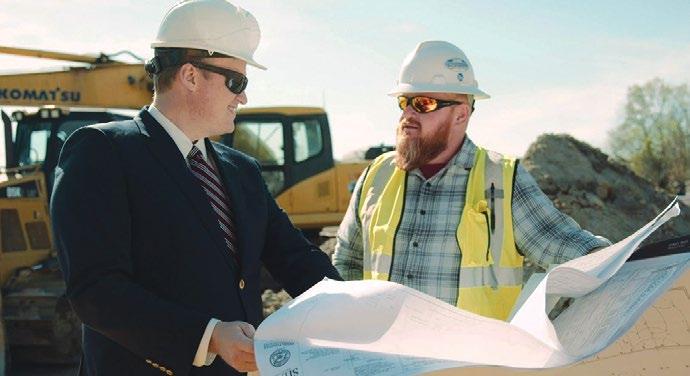

Alumni networks provide impactful opportunities to connect with each other through social, professional, service and athletic events in their local communities.
Orange Owned seeks to recognize the entrepreneurial spirit of our alumni and support their efforts while offering another benefit to our alumni body.
Welcome to the City allows graduates to reconnect with classmates and expand their Campbell network within their local communities.
Alumni volunteers logged more than 1,000 hours last year, equating to roughly $36,000 worth of work.
Number of Campbell University alumni living across the country and the world
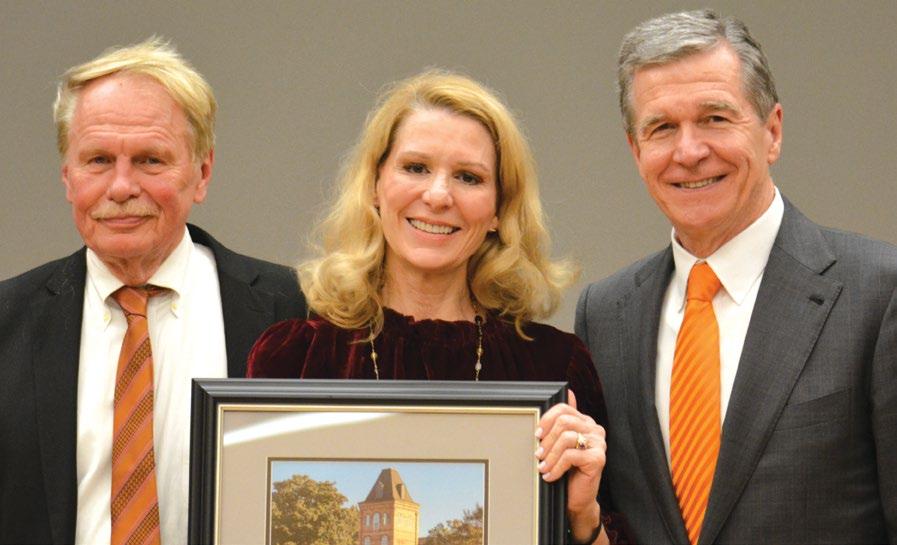
The Distinguished Alumni Awards recognize those who have distinguished themselves in their personal and professional careers and through their support of Campbell.
First Lady Kristin Cooper (‘82), Dr. Casey Langdon (‘08) and Jimmy Witherspoon (‘80) were each recognized as the newest members of the Distinguished Alumni class of Campbell University, while Dr. Jerry Wallace was surprised with the title of “Honorary Alumnus.”

A 2014 trust and wealth management graduate of Campbell, Danielle Day has enjoyed a nearly 10-year career with Truist Wealth since college. She was active on campus as a student, and she remains active today as a volunteer at campus events and a member of the Alumni Board of Directors.
“It is important for me to give back to the community that cultivated a lot of who I am today and played such a major role in my successes. Giving your time is so valuable because it’s the only resource we can’t get back. I value making myself available to former and future graduates to assist them in finding their place in the world and building a strong community.”
The Office of Alumni Engagement hosted 12 events last year and grew its list of Orange Owned businesses to 332. Events like Homecoming saw their largest attendance since the pandemic.
‘Building the Brand’ at Campbell is achieved through in-house design, providing strategy and guidance for marketing and advertising campaigns, producing publications for internal and external audiences, enhancing public awareness of successes and news and reaching the masses through a well-coordinated social media presence and user-friendly website.
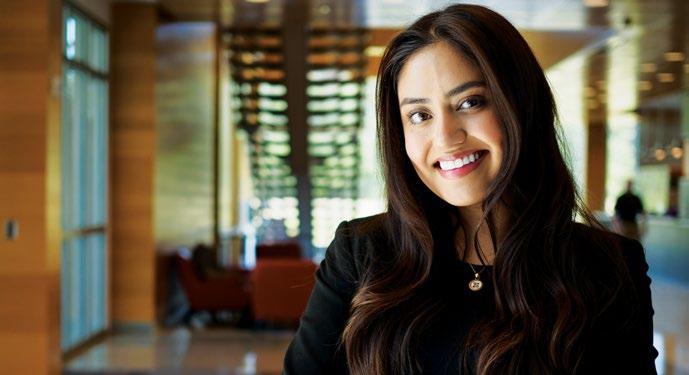
Campbell University’s current marketing campaign is aimed at sharing the Campbell story and success of our students and alumni while driving enrollment.
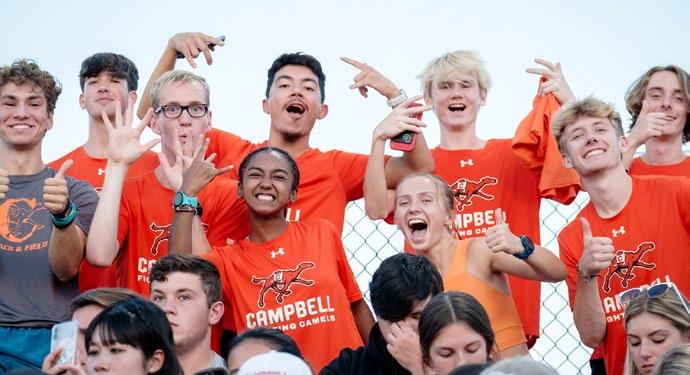
Campbell’s active social media platforms reach millions of people every year. The University’s social presence provides a forum for conversations, networking.
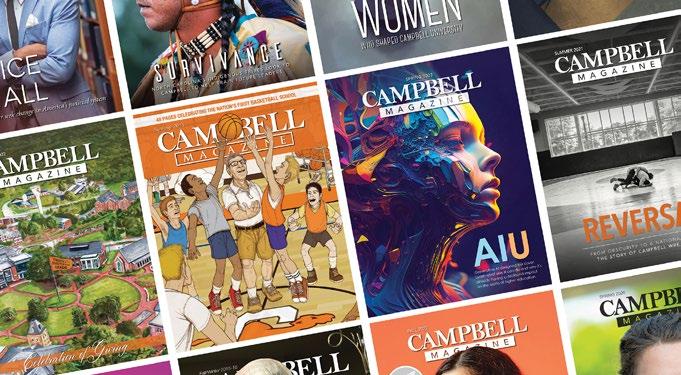
CAMPBELL MAGAZINE
The flagship publication of Campbell University is regularly regarded as the top tool for alumni to keep up with news from their alma mater.
Millions each year turn to campbell.edu for their first impressions of Campbell University.
Advancement builds partnerships and cultivates relationships across the campus and with alumni, donors, community leaders, organizations, and media to support Campbell University’s mission, advance its priorities and expand its reach.
“Campbell is a special place because of its distinct mission to prepare students for servant leadership ... and the tremendous amount of support it receives from alumni, donors and friends to fulfill and expand that mission.”
Dr. Britt Davis
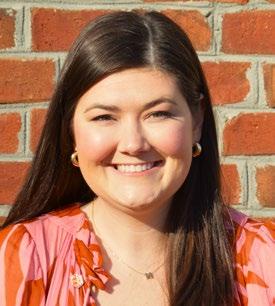
Meg Gaito Director of Development Institutional Advancement megaito@campbell.edu
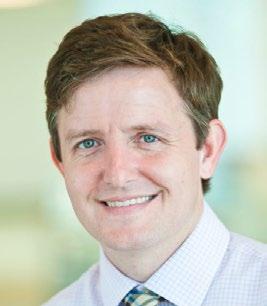
Billy Liggett Director of News & Publications liggettb@campbell.edu
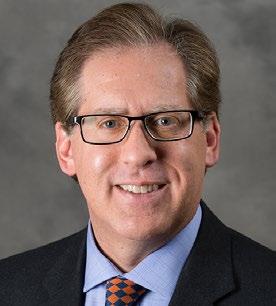
Dr. Britt Davis Vice President for Institutional Advancement davisb@campbell.edu
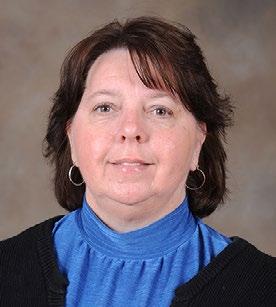
Revonda Ballard Data Coordinator Advancement Services rballard@campbell.edu
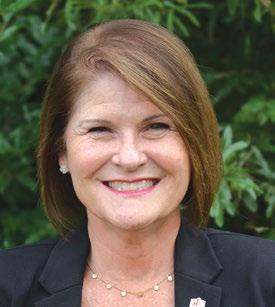
April Ganong Director of Alumni Engagement aganong@campbell.edu
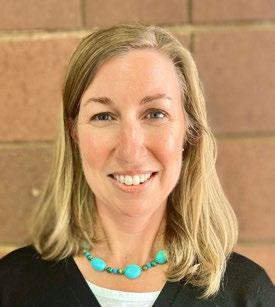
Kate Palmer Director of Donor Engagement kpalmer@campbell.edu

Sarah Swain Associate VP Alumni & Foundation Relations swain@campbell.edu
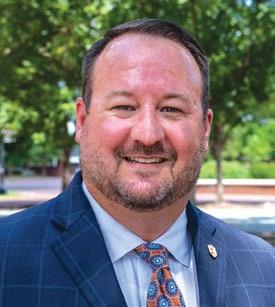
Will Bratton CPHS Assistant Dean for Administration bratton@campbell.edu

Gerardo Gonzalez Senior Web Developer gonzalez@campbell.edu
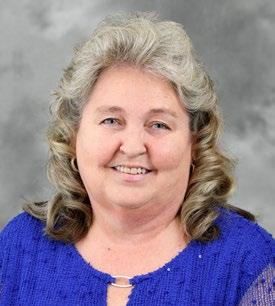
Tina Parker Design, Print & Photography Coordinator tparker@campbell.edu
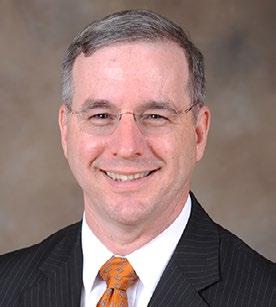
Doug Jones Associate Vice President jones@campbell.edu
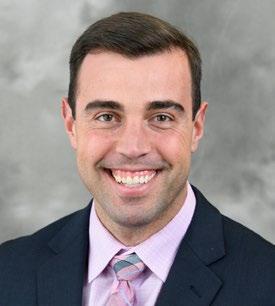
Evan Budrovich Director of Social Media & Digital Media Strategy eabudrovich0618@campbell.edu
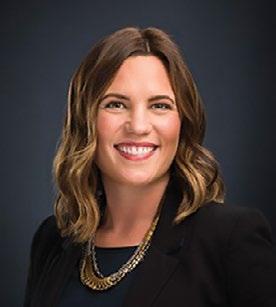
Robin Gordon Assistant Athletics Director for Advancement rgordon@campbell.edu
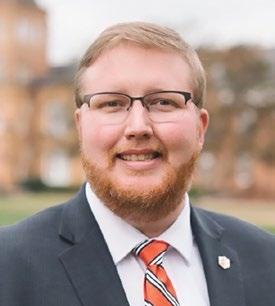
Nathan Rice Senior Associate Athletics Director for Advancement rice@campbell.edu
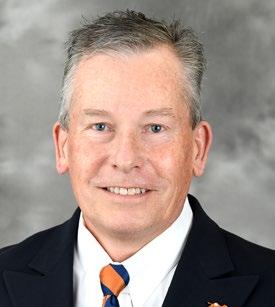
Vincent Benbenek Chief Marketing Officer vbenbenek@campbell.edu
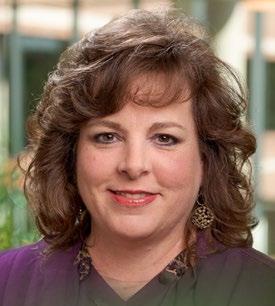
Nancy Catrine Executive Assistant for Advancement ncatrine@campbell.edu
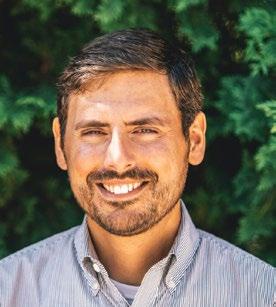
Grant Harden Director of Planned Giving gharden@campbell.edu

Patti Tyndall Assistant for Advancement tyndall@campbell.edu
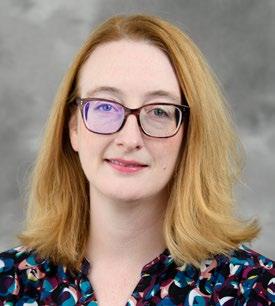
Haven Hottel Assistant Vice President CommunicationS & Marketing hottelh@campbell.edu
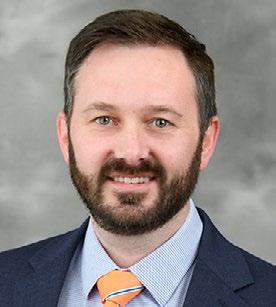
Adam Fish Senior Graphic Designer afish@campbell.edu
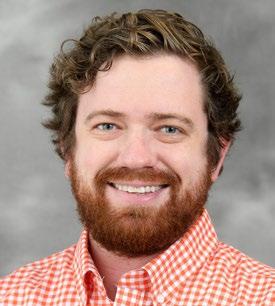
Dan Hunt Director of Alumni Communications dhunt@campbell.edu
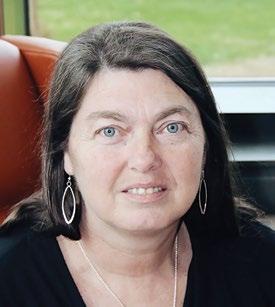
Wilma Walker AD Philanthropic Record Advancement Services walkerw@campbell.edu
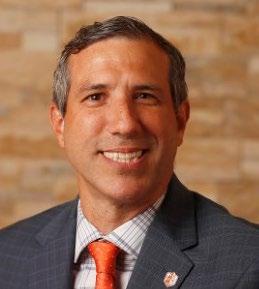
John Latteri Director of Development School of Law jlatteri@campbell.edu
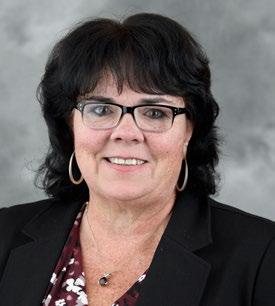
Wendy Welker Director of Development wwelker@campbell.edu
